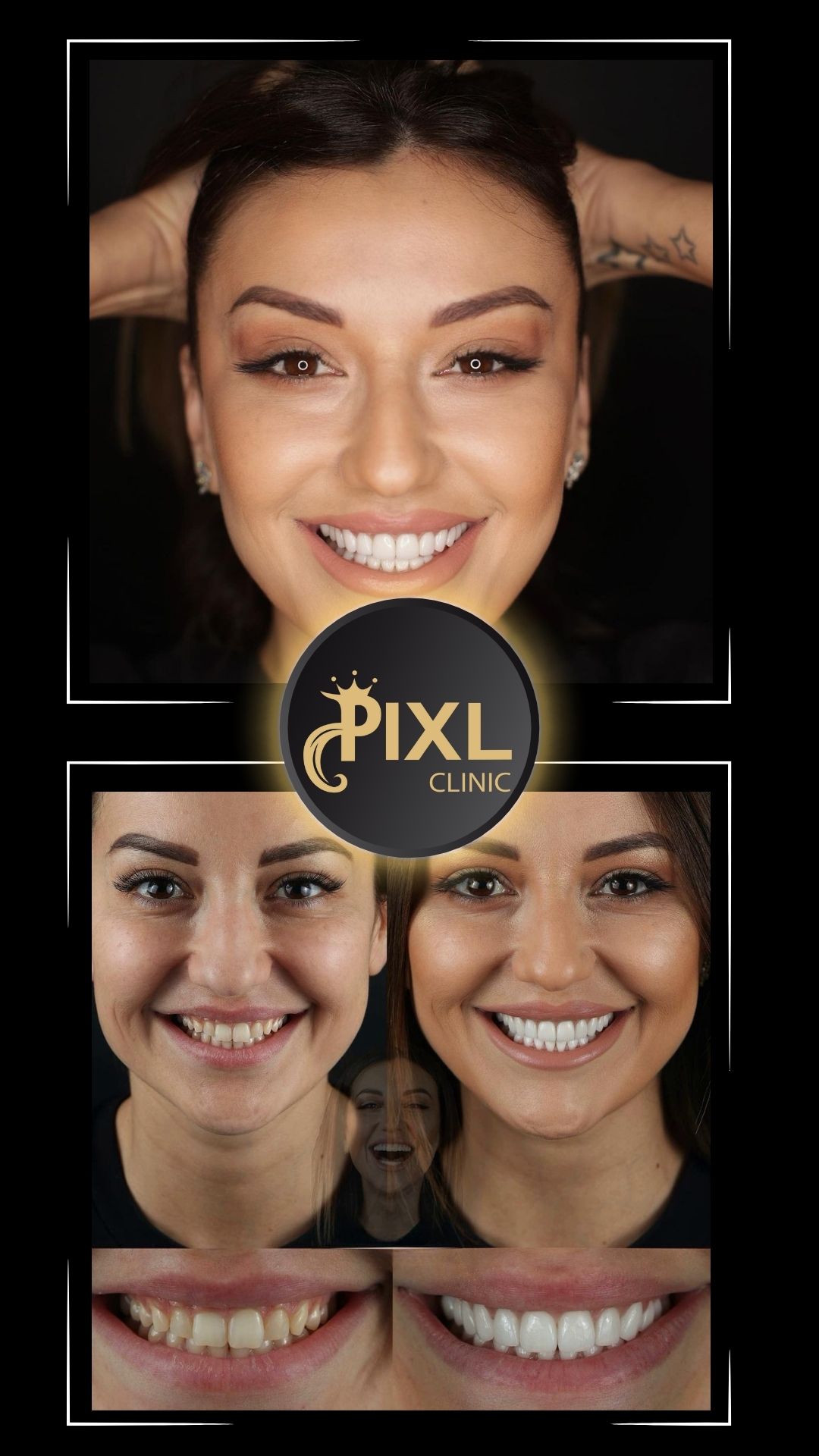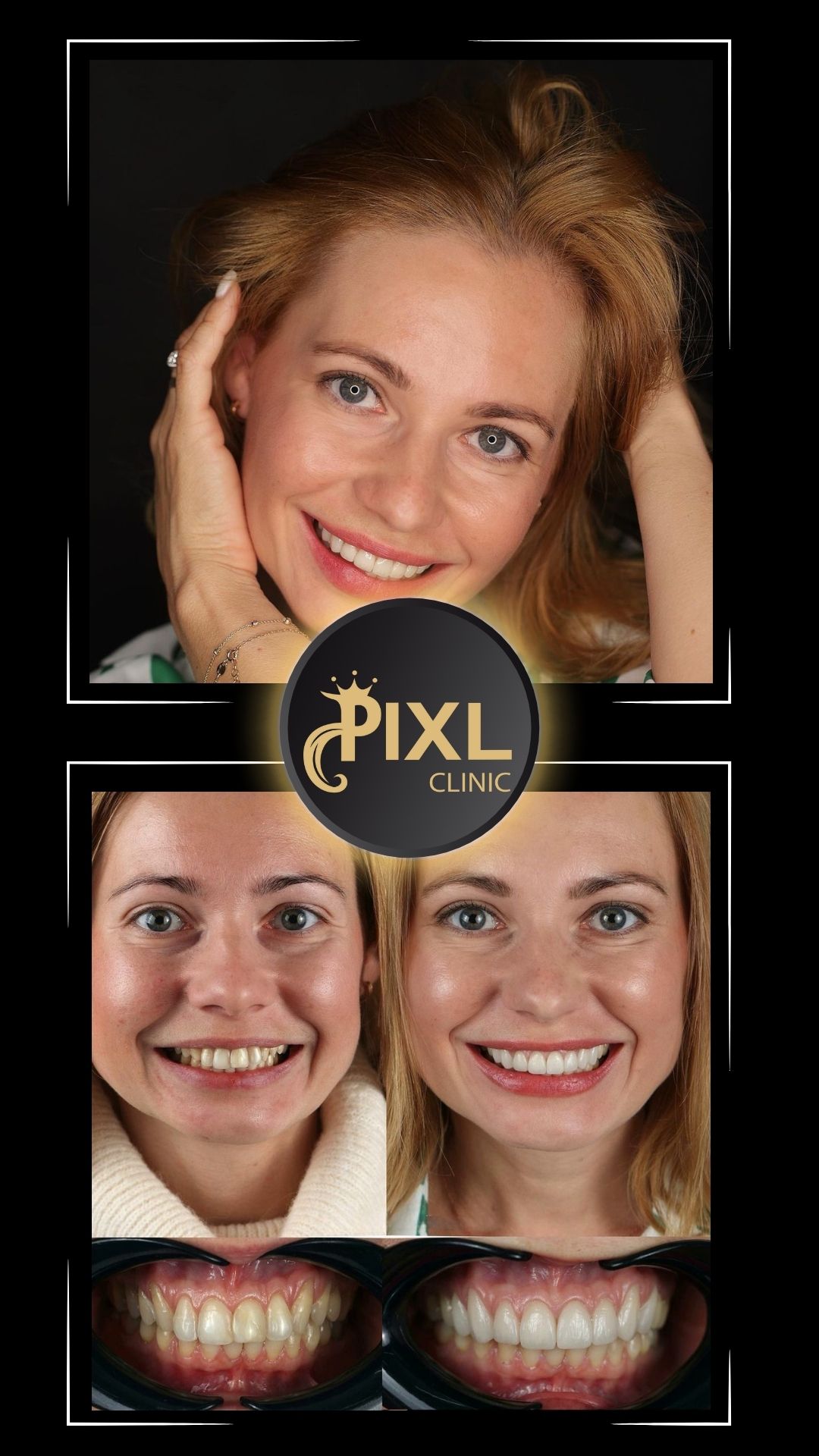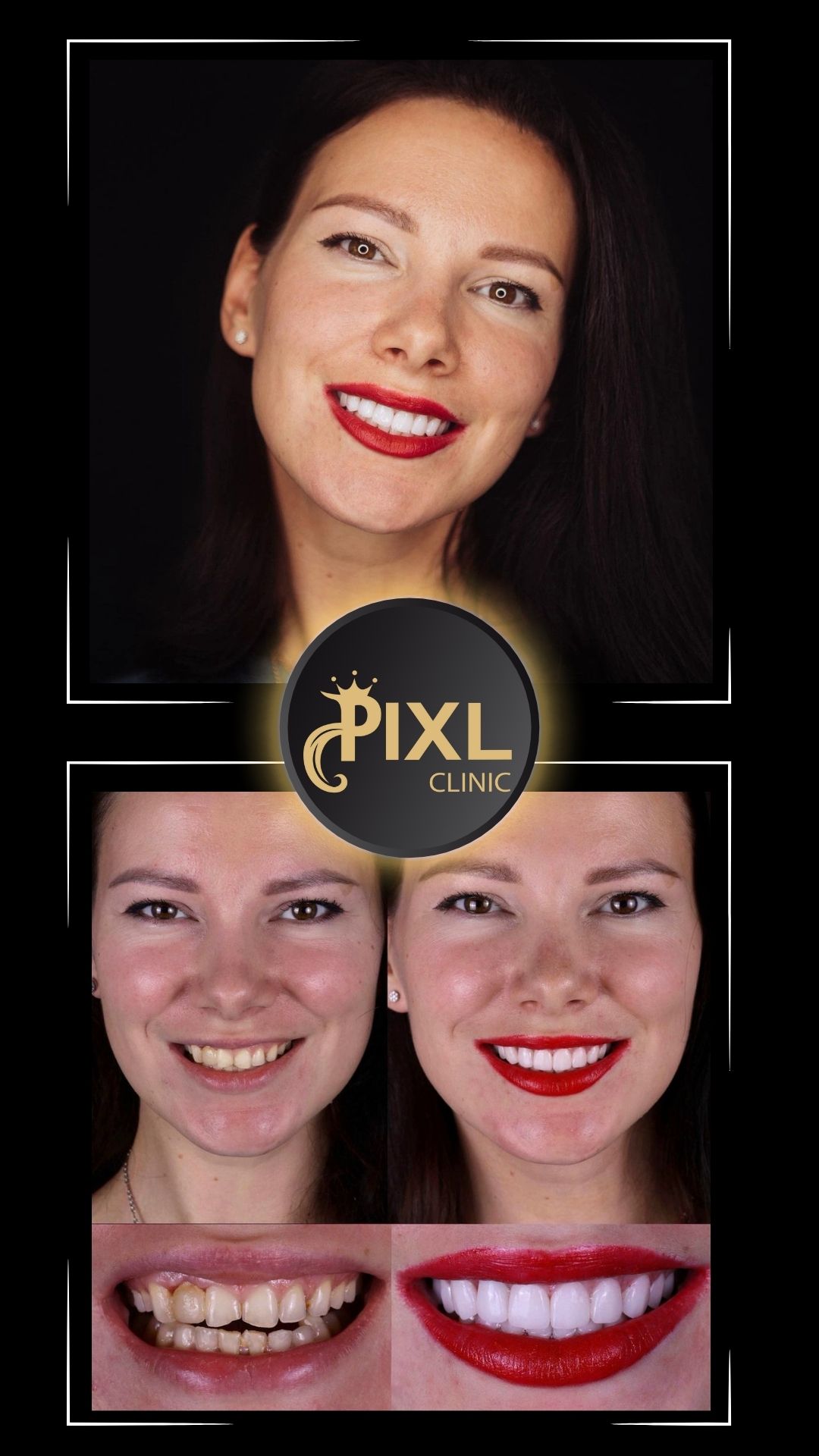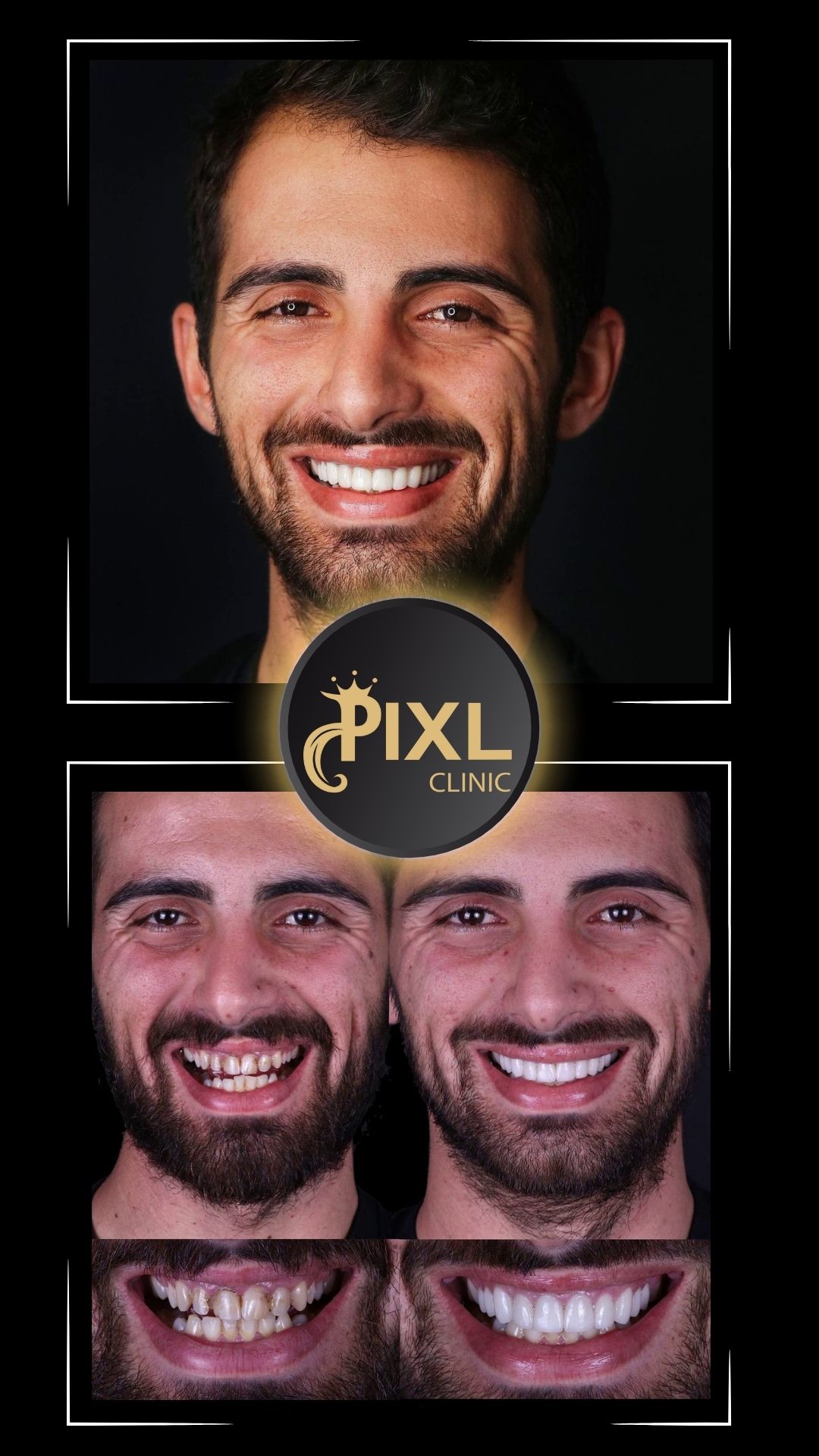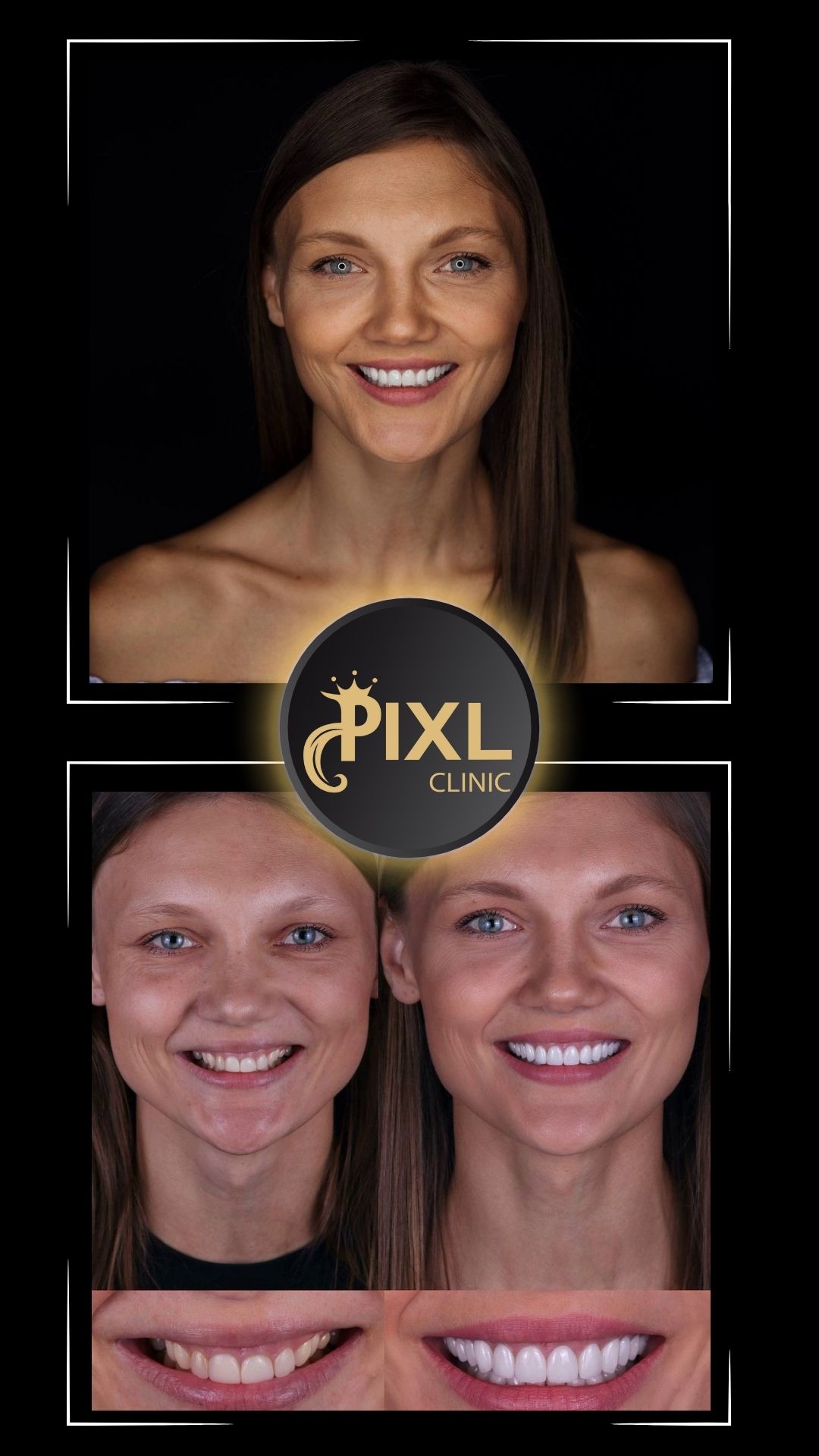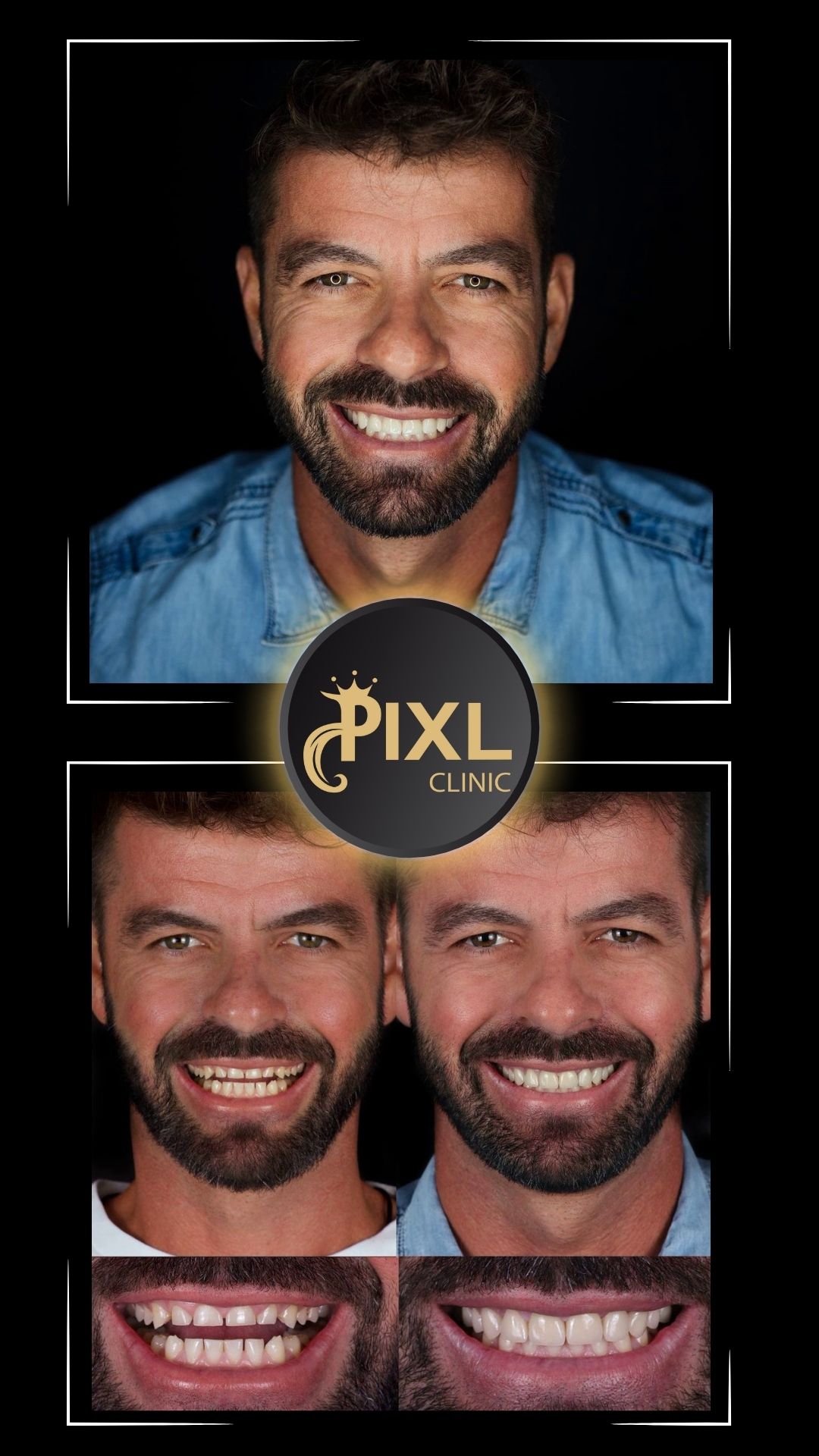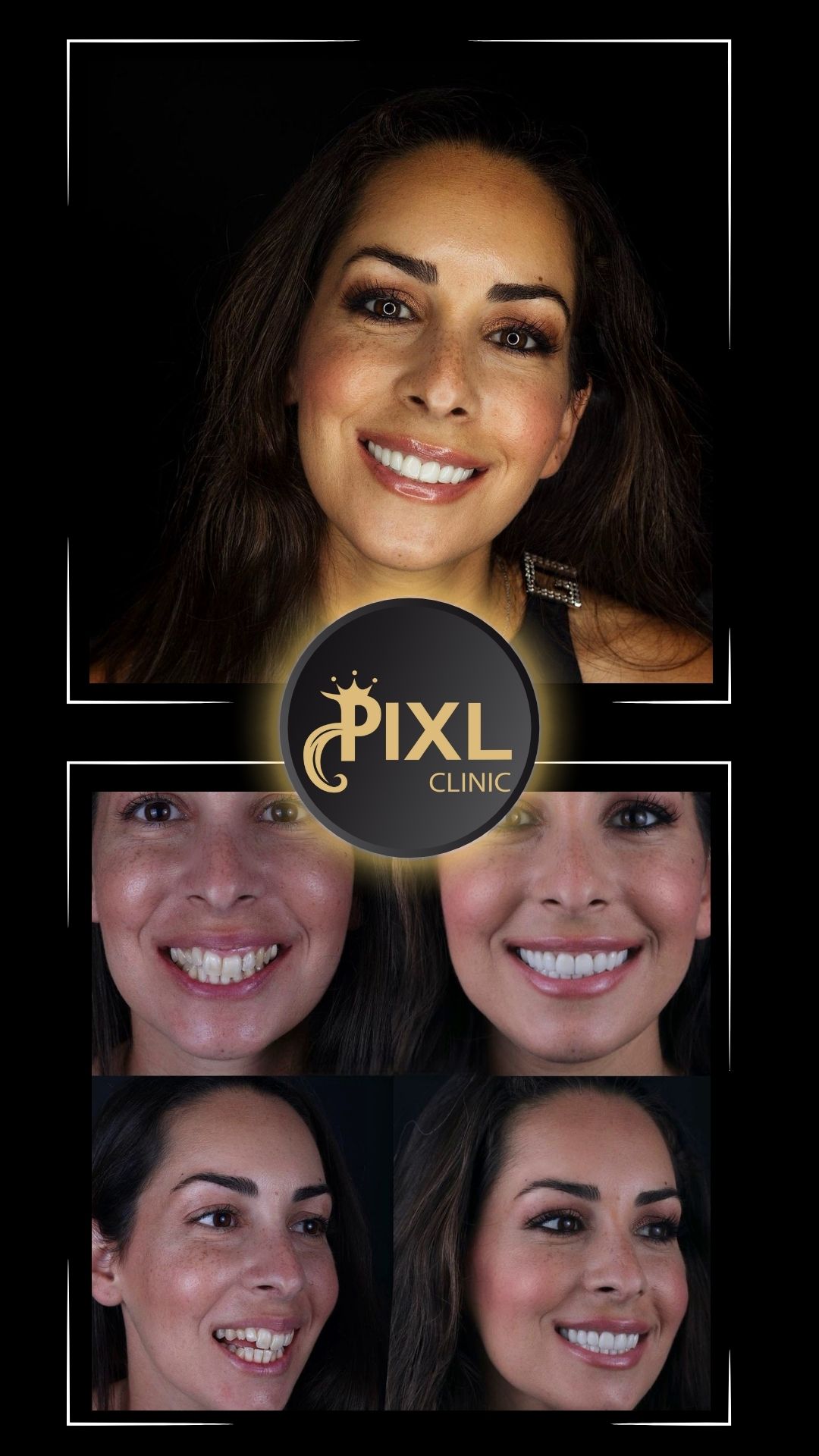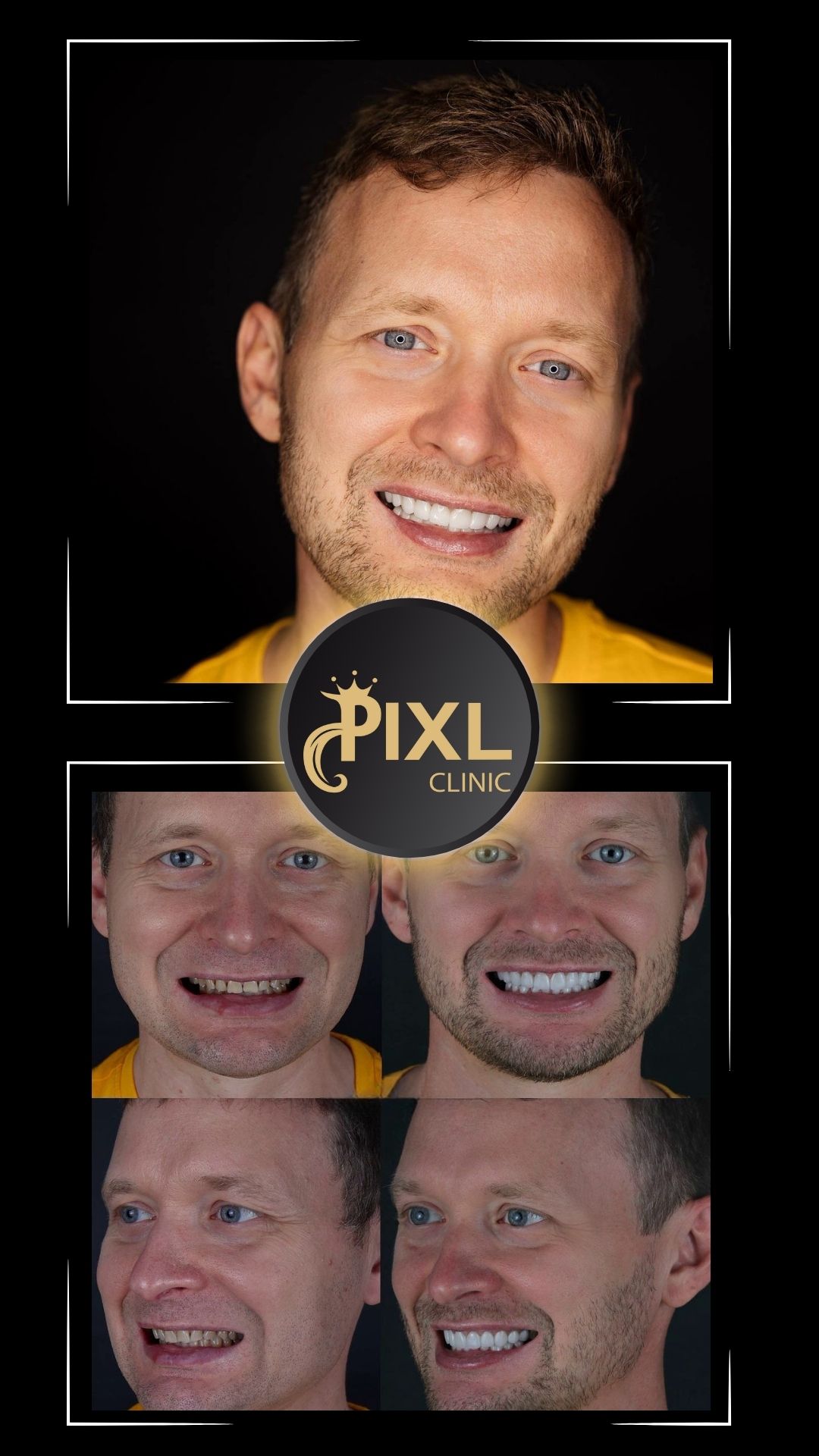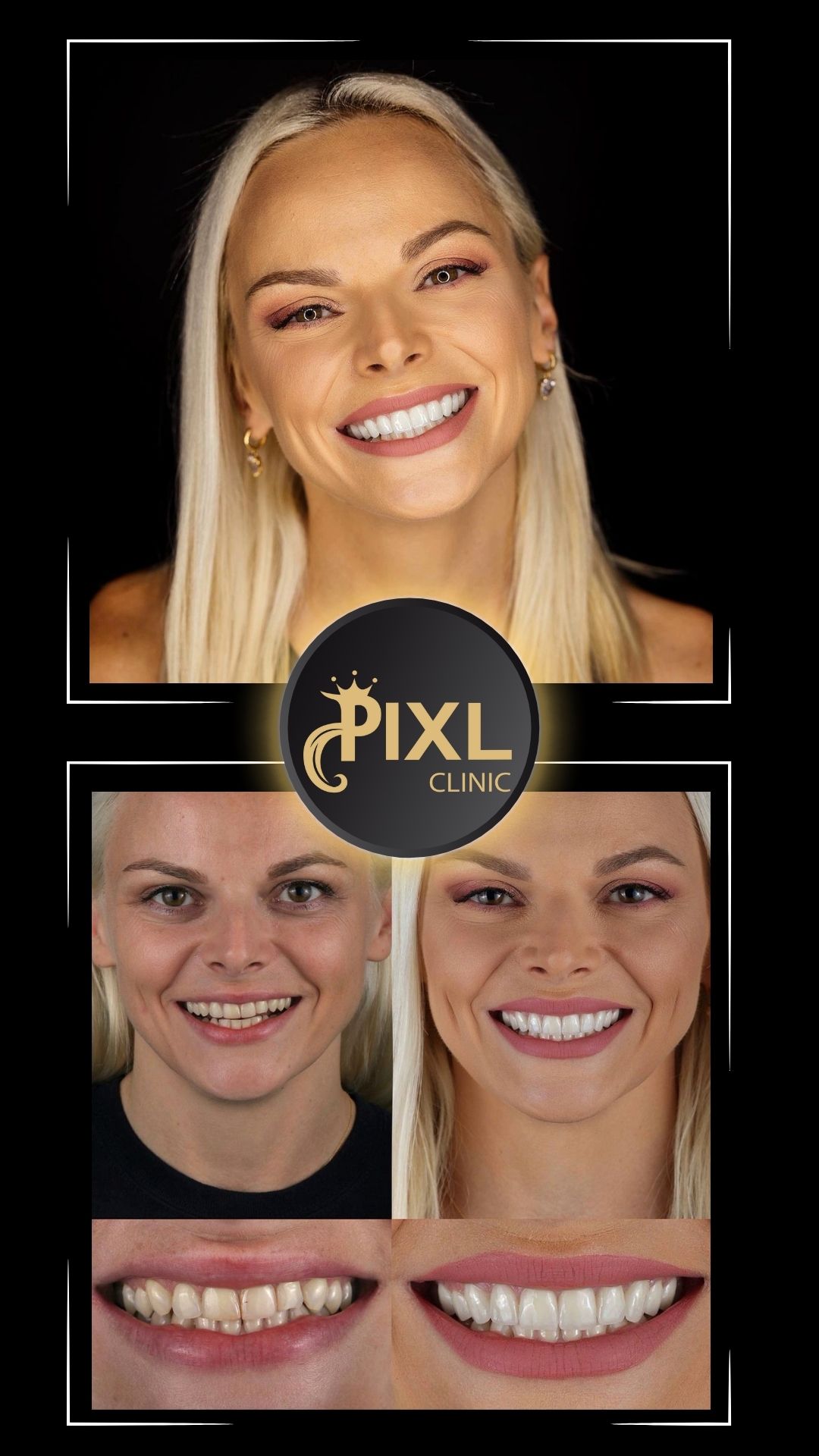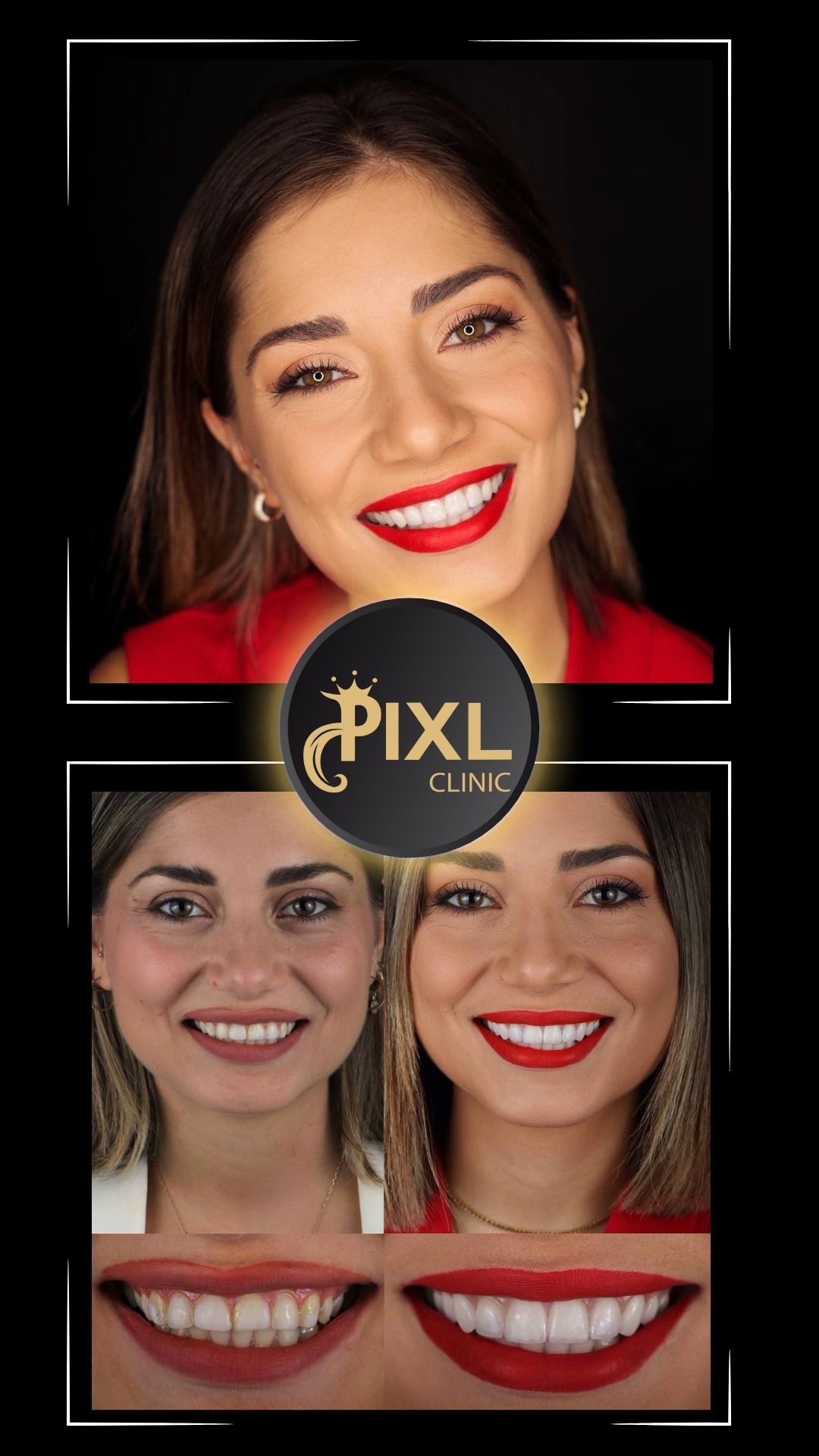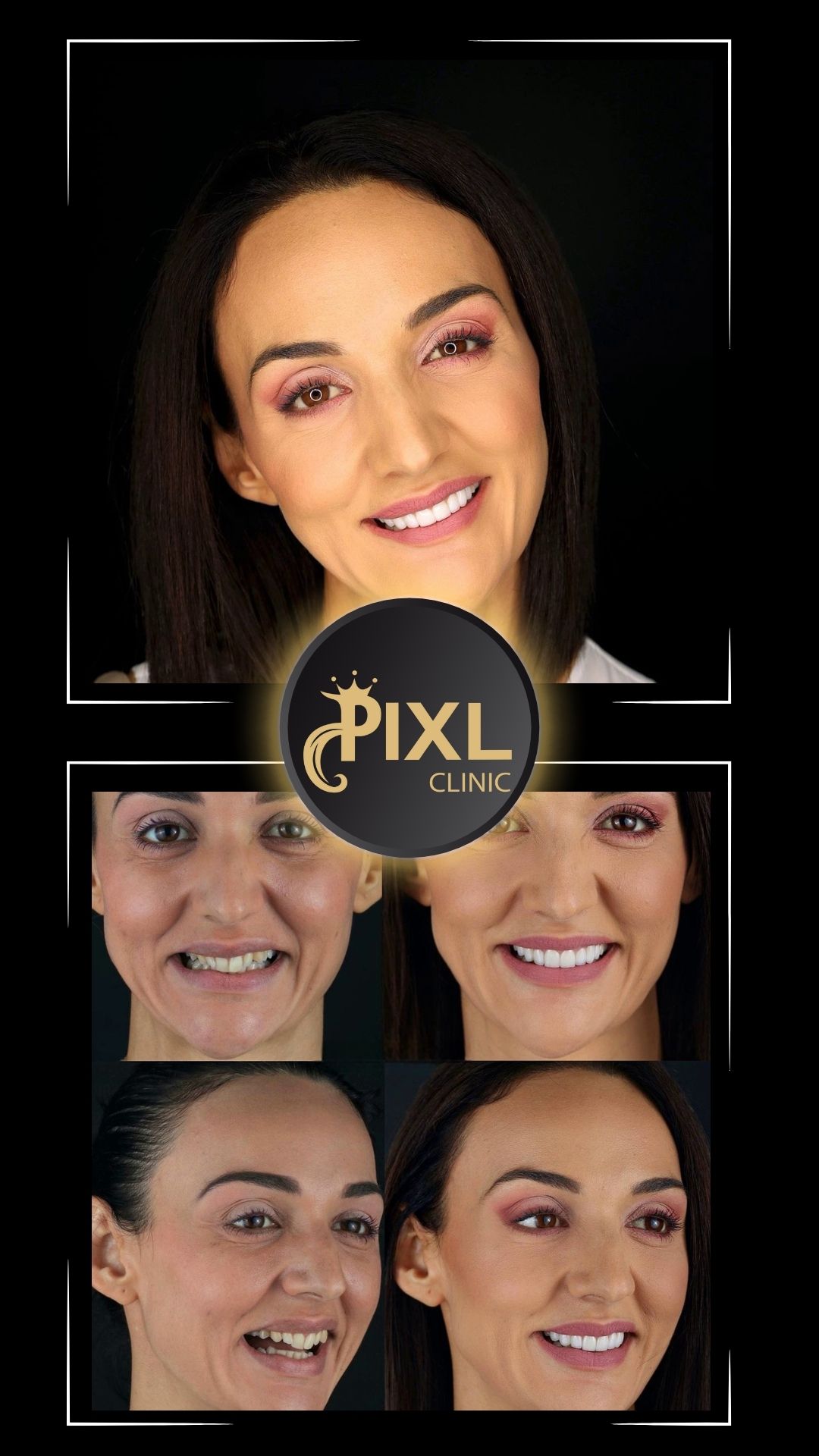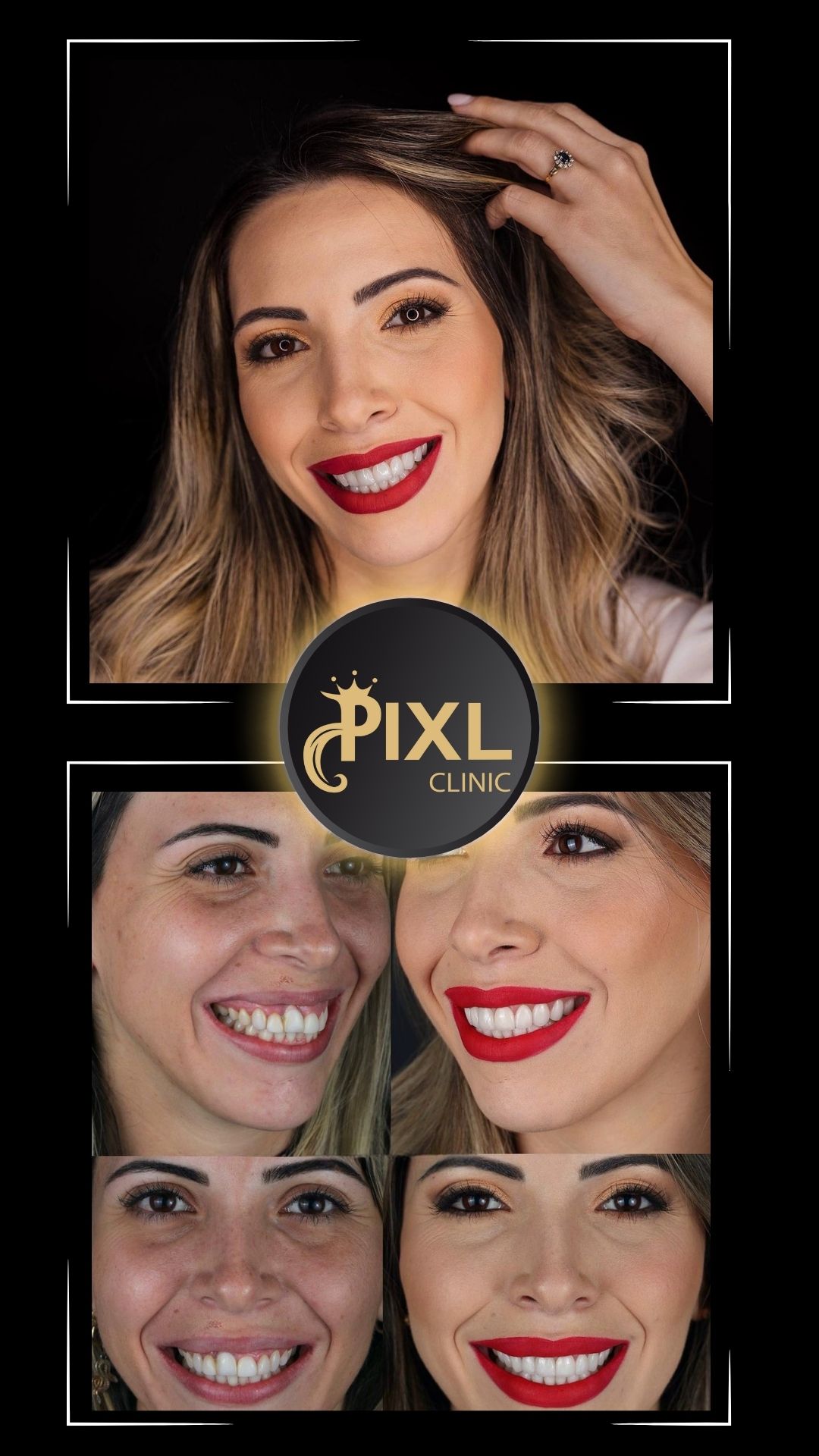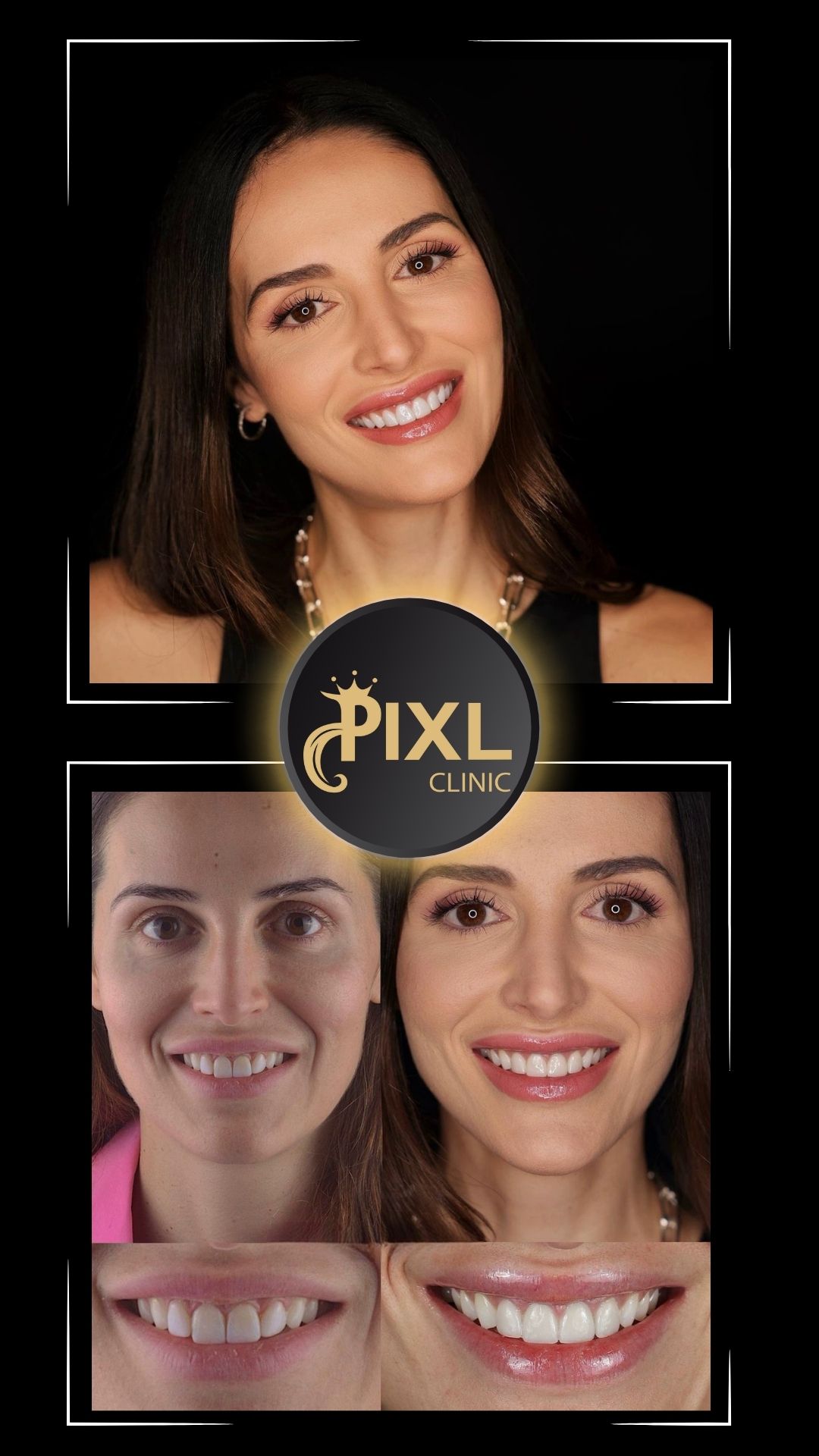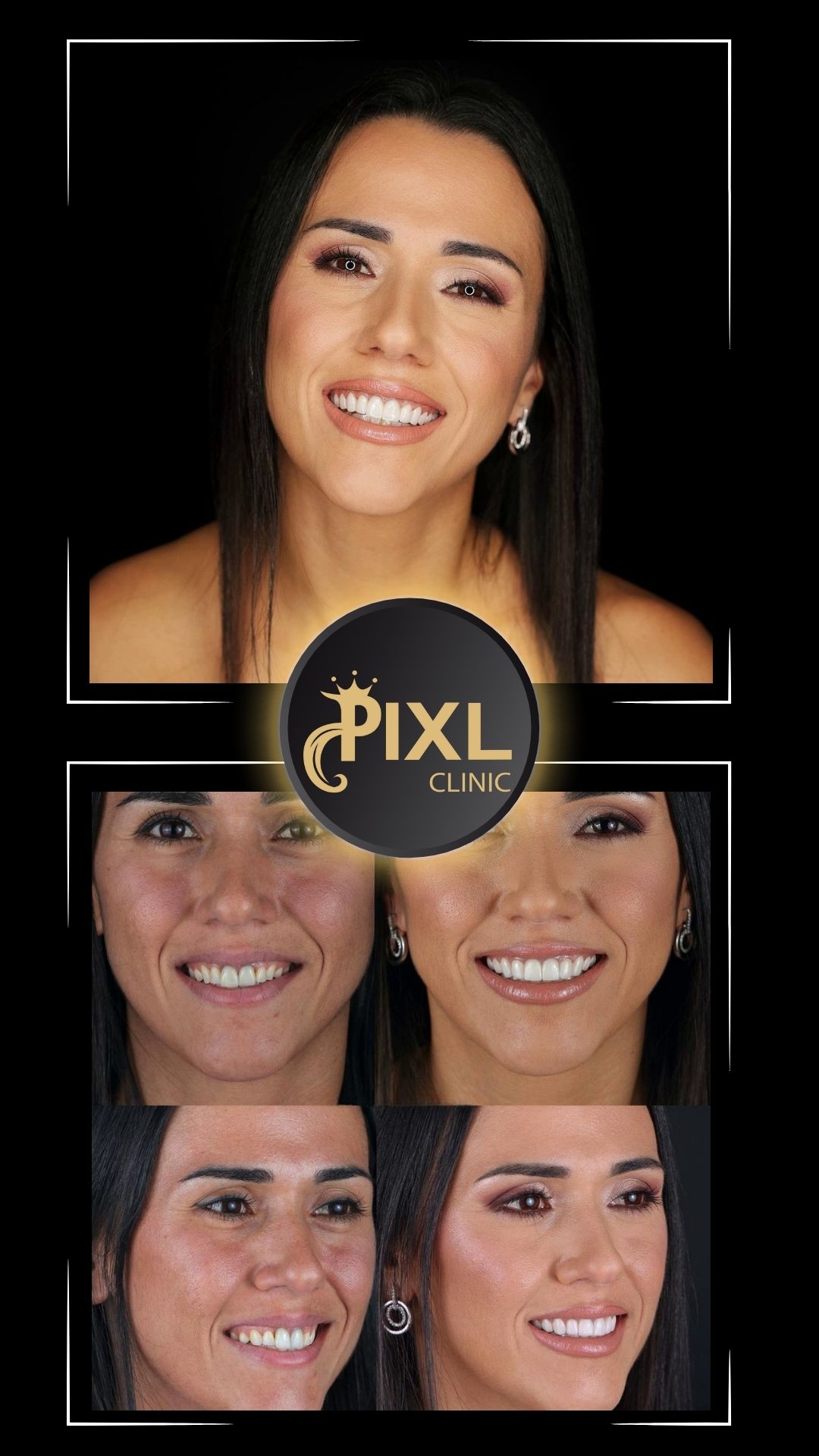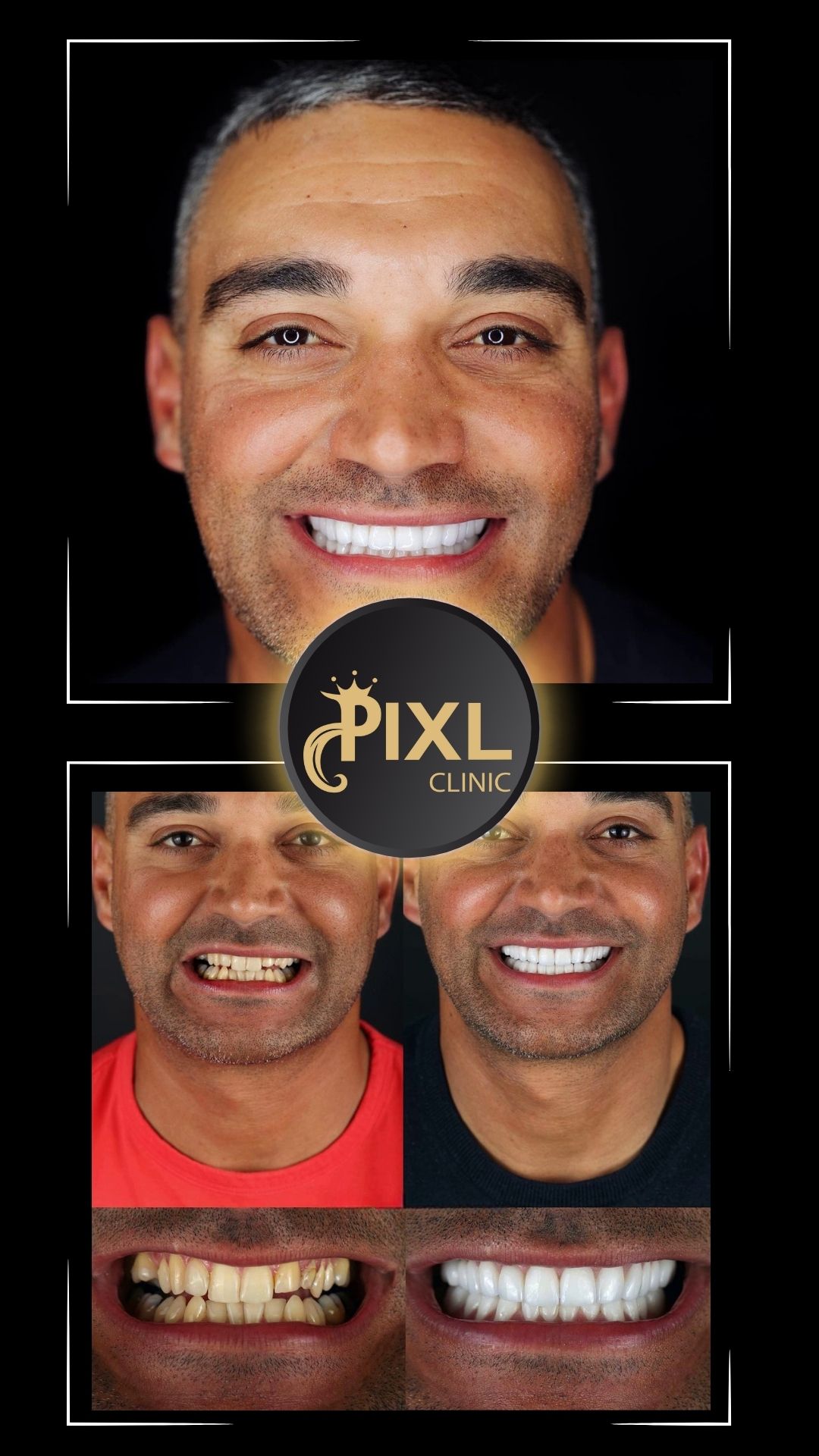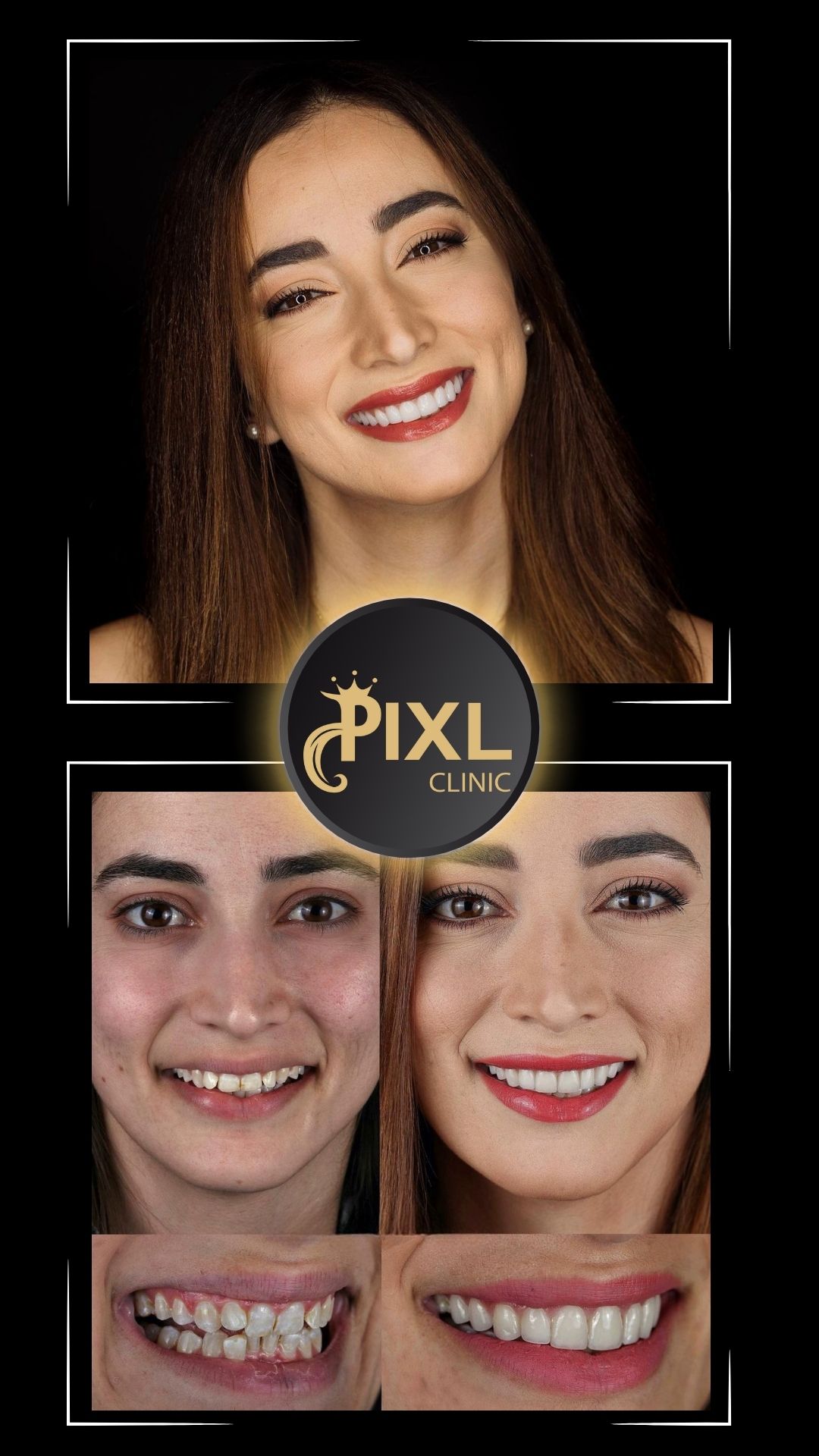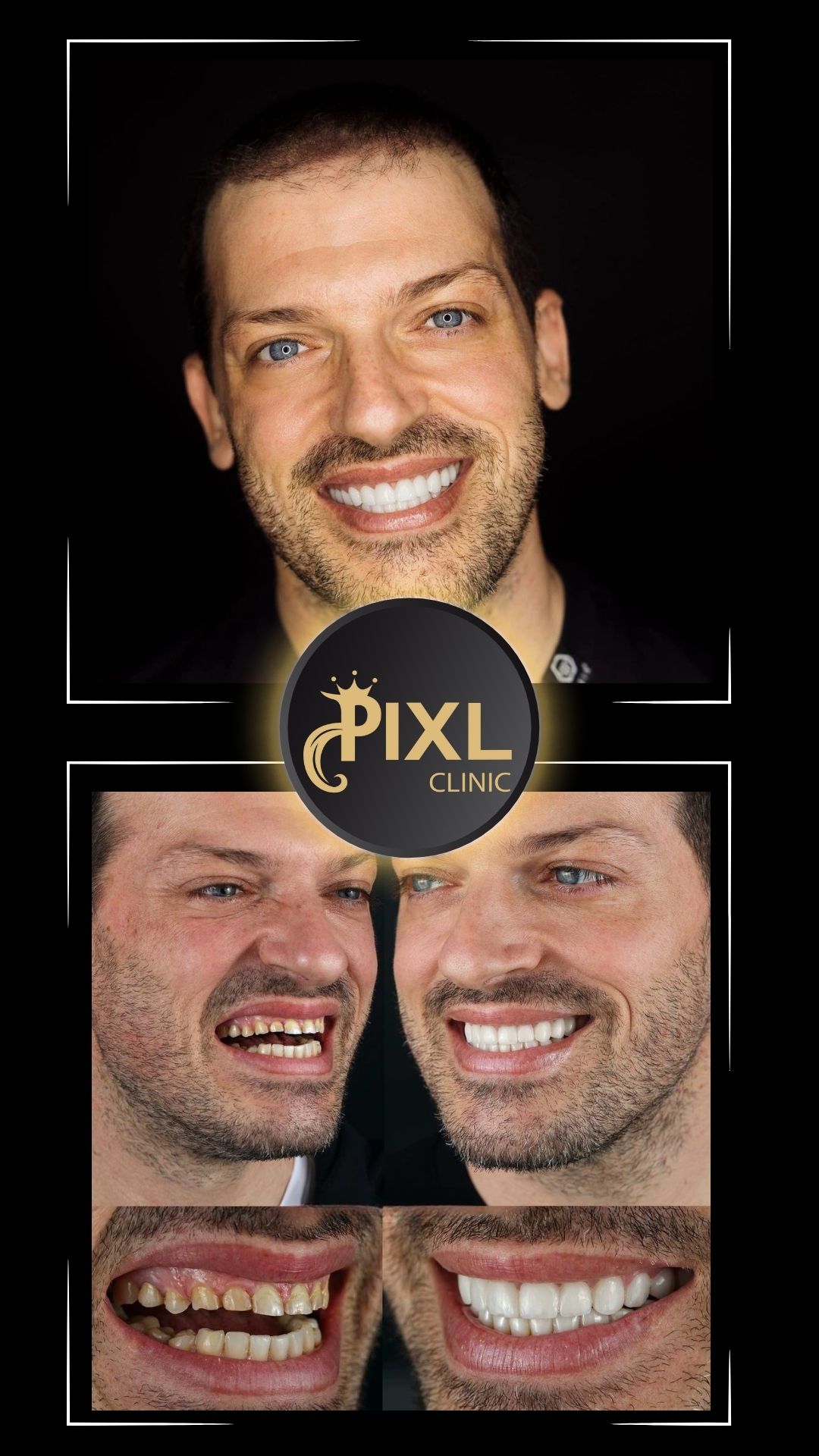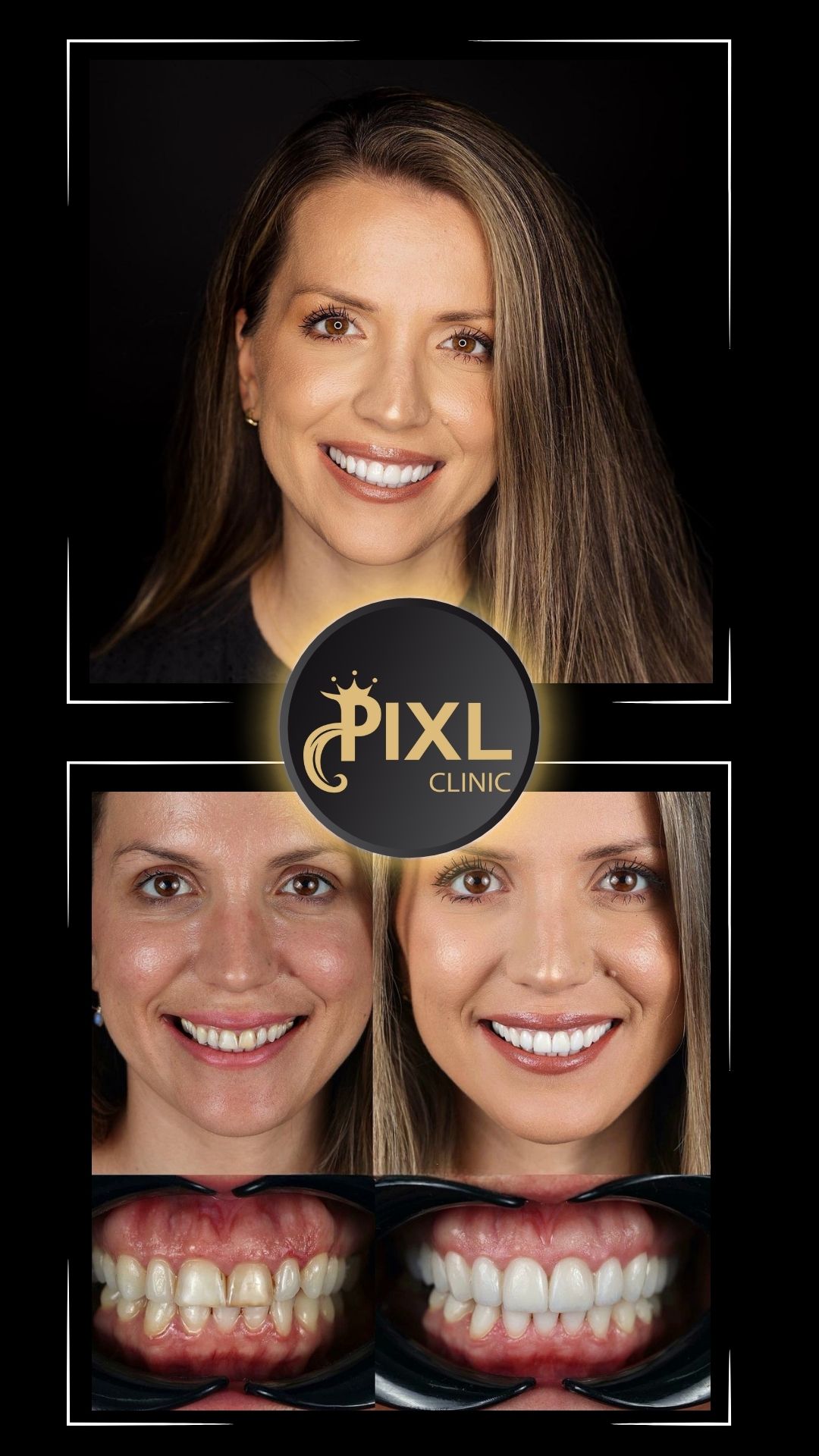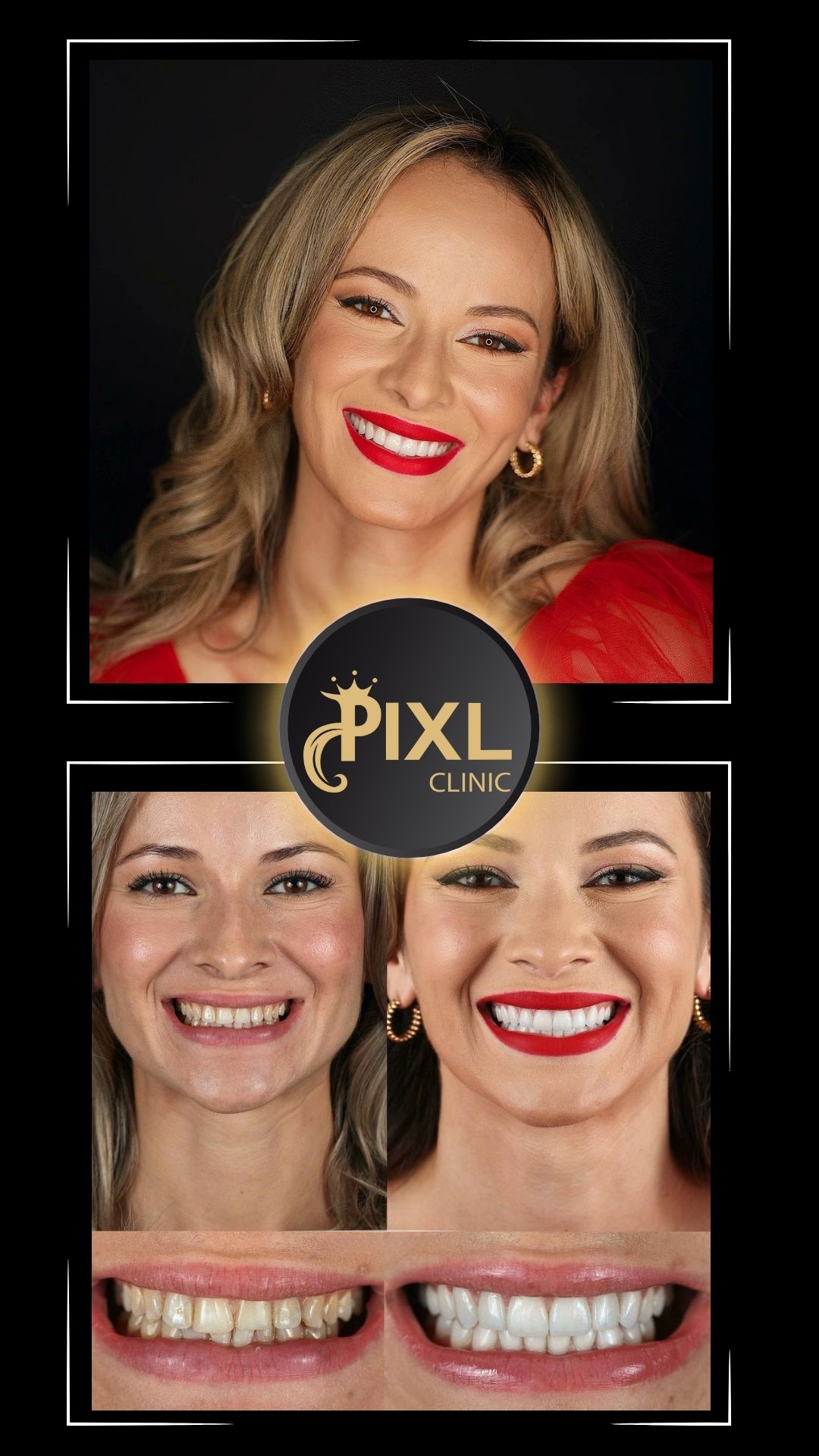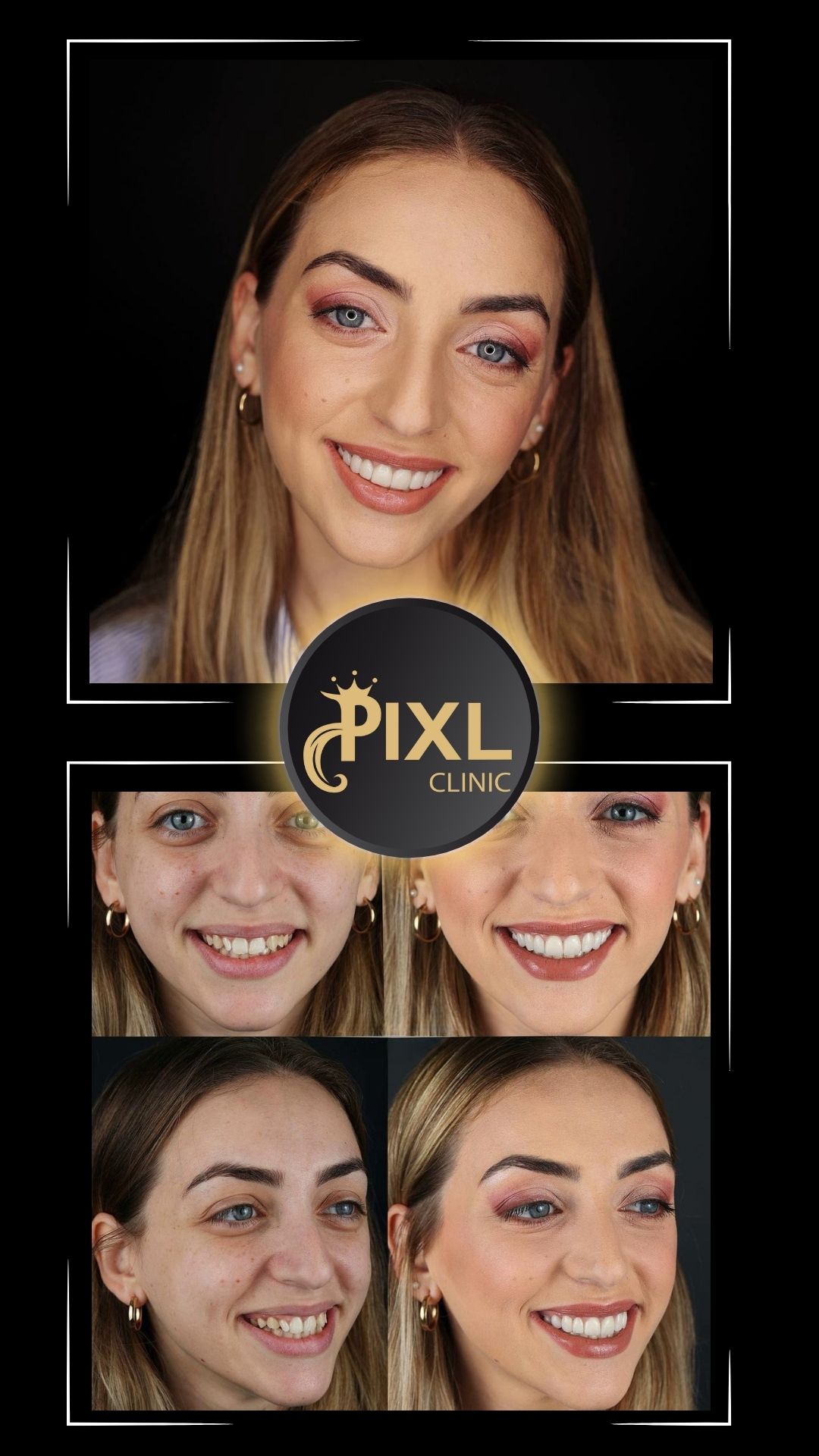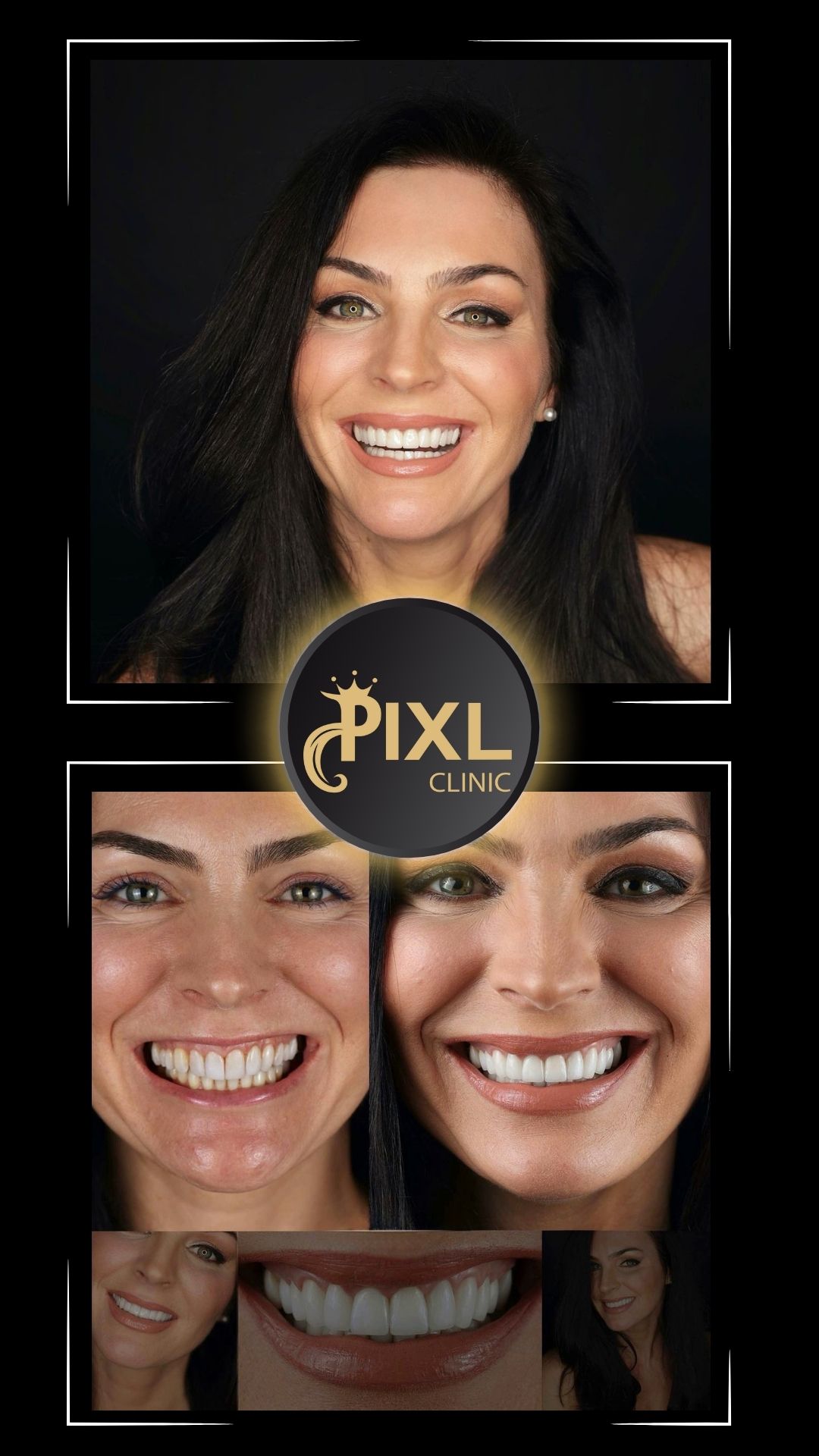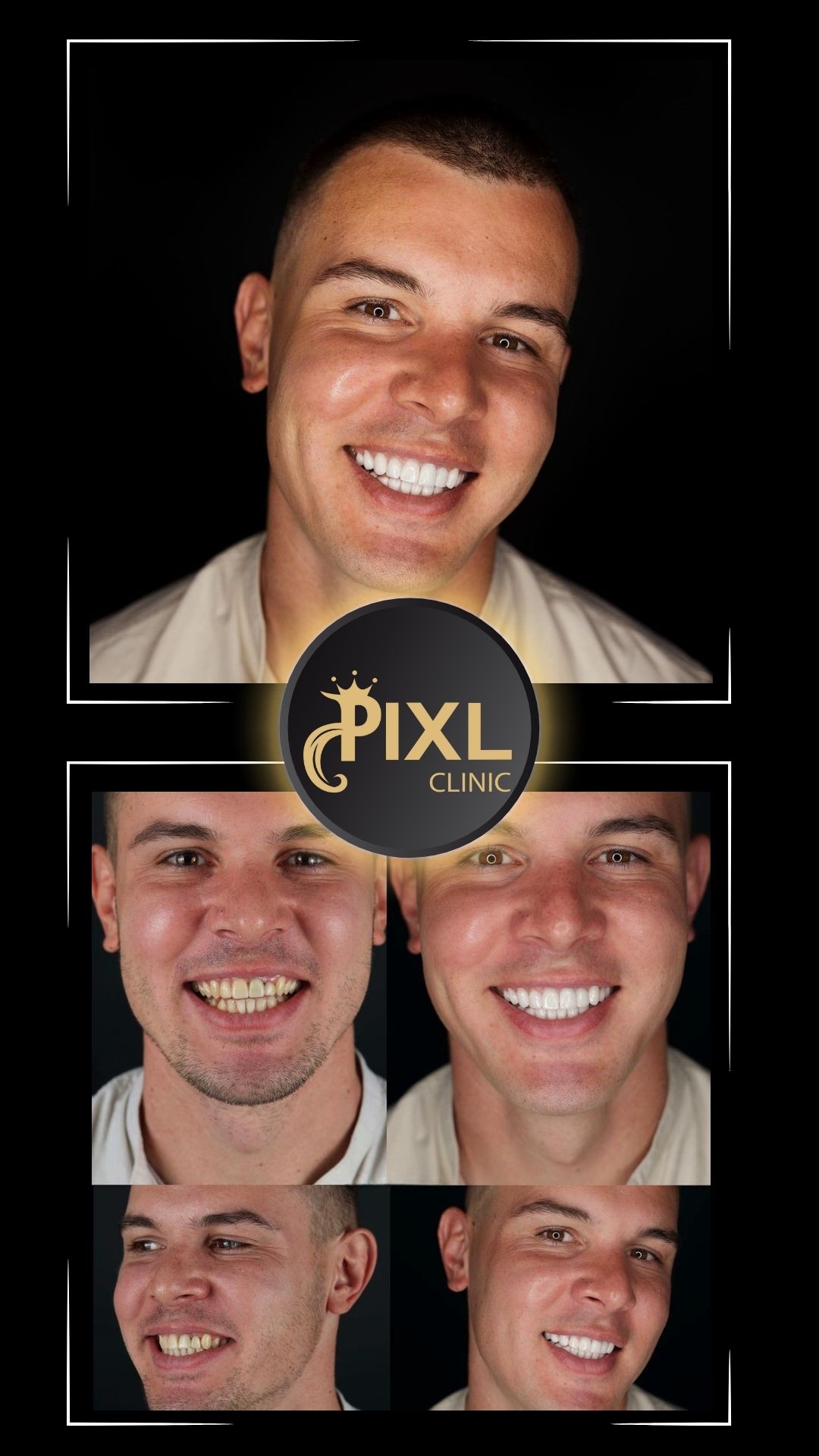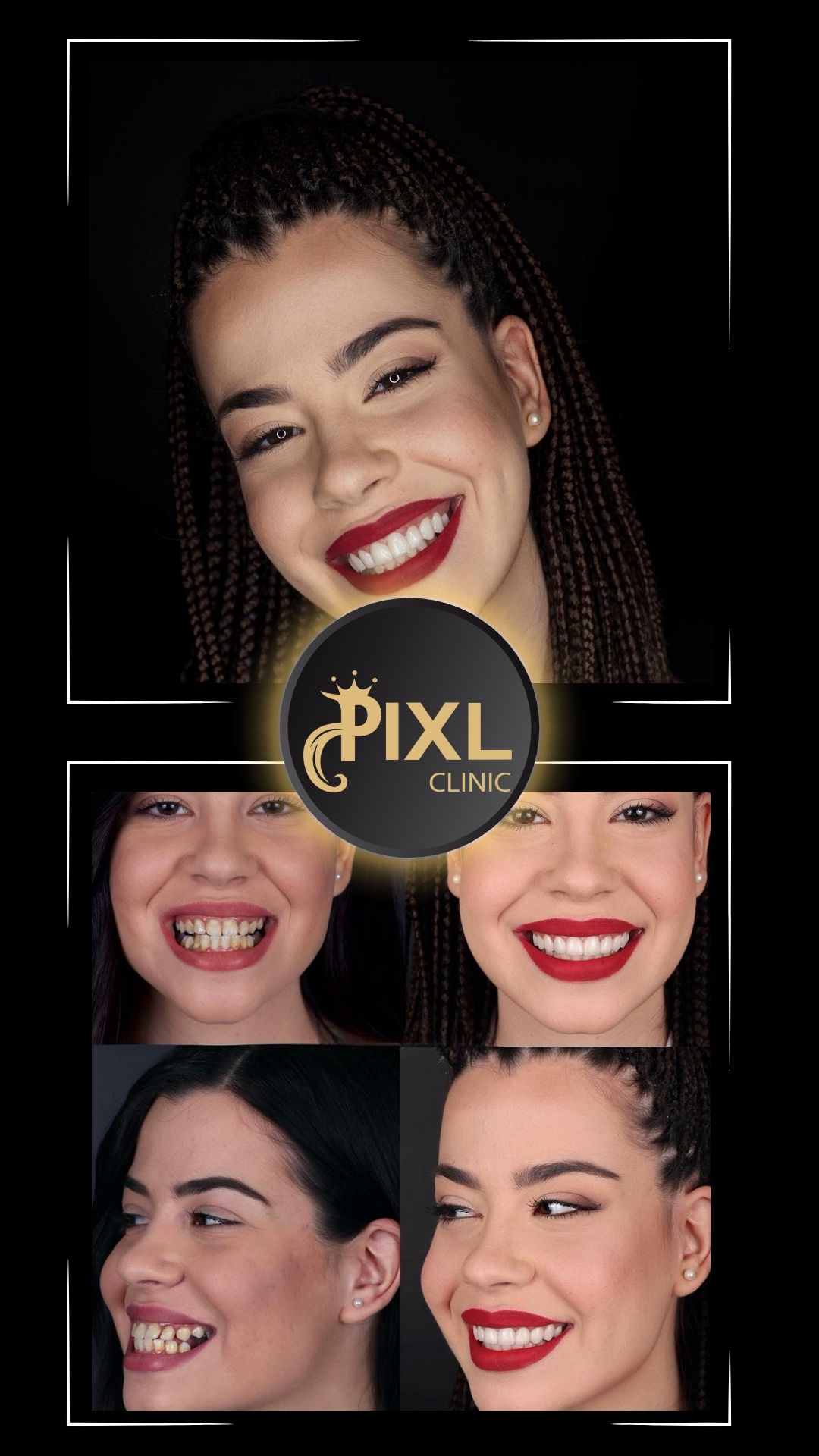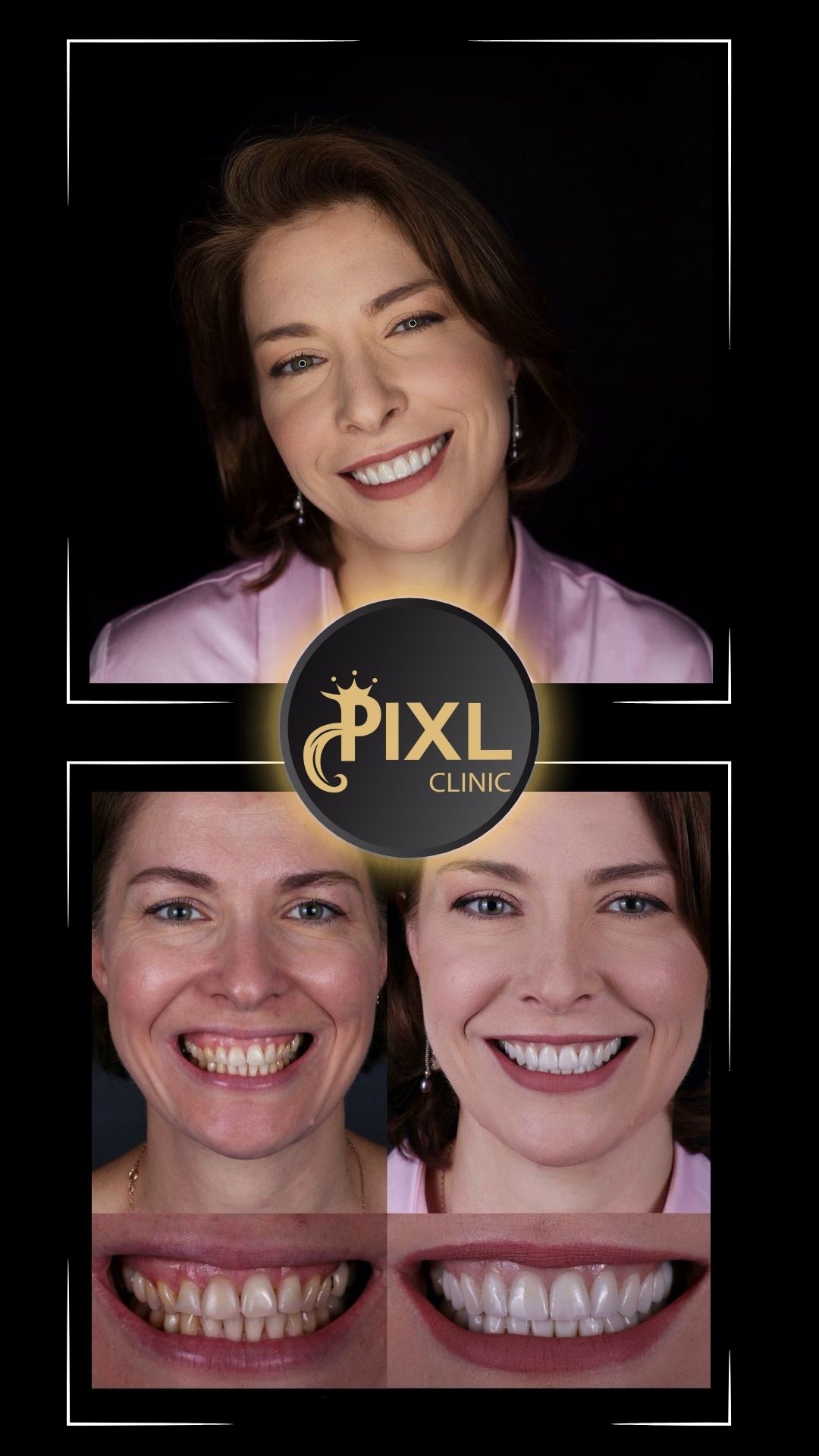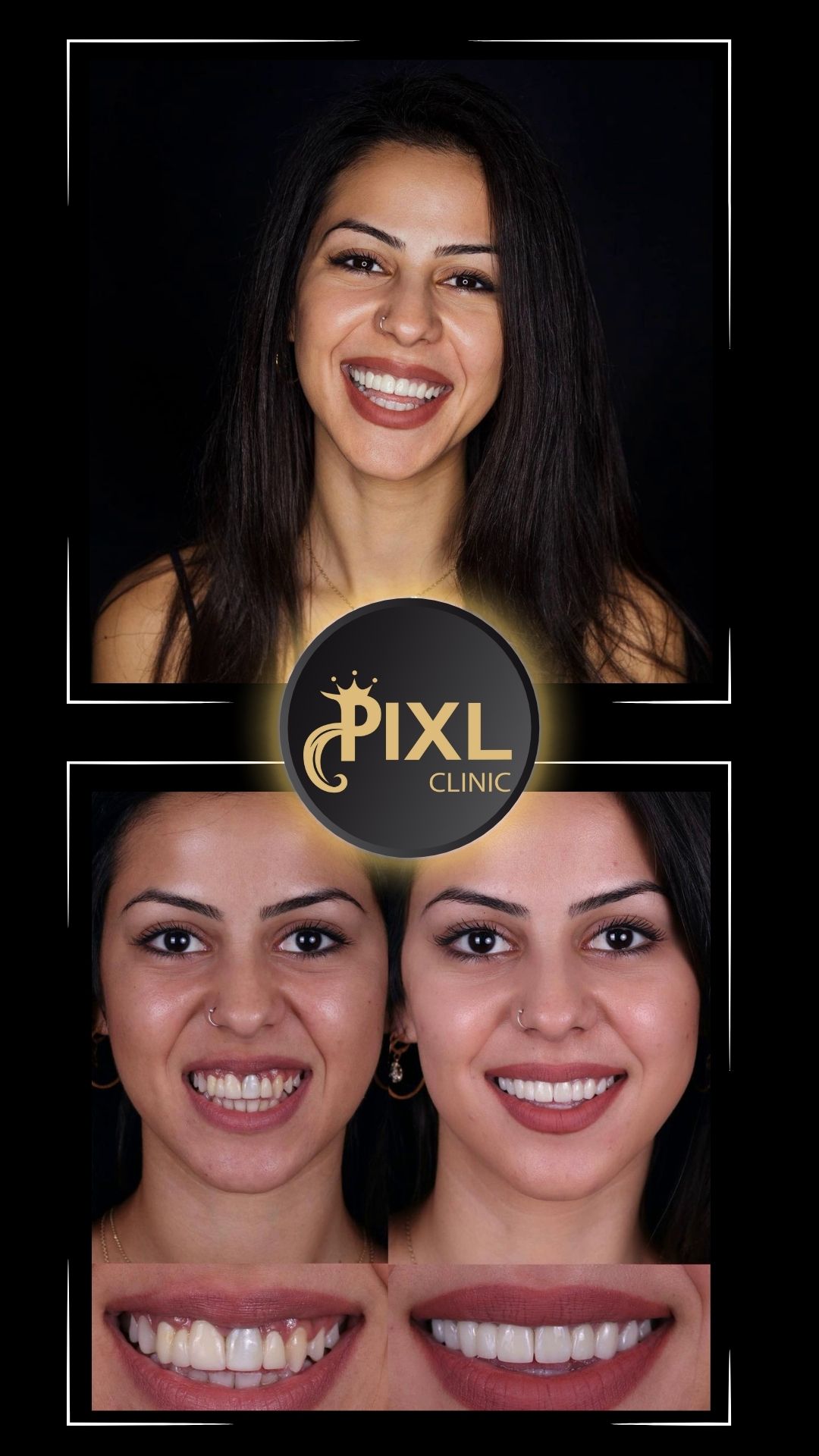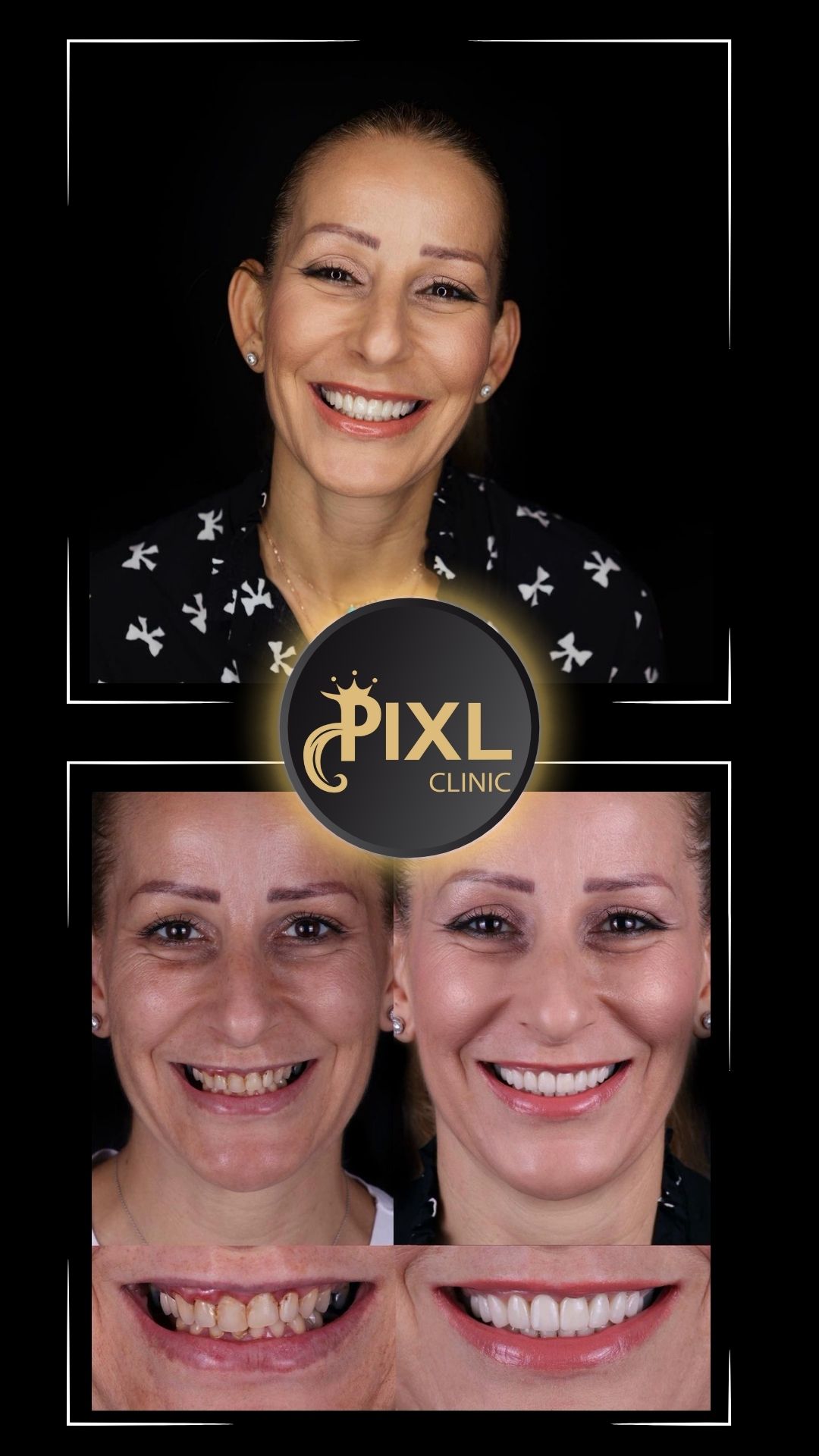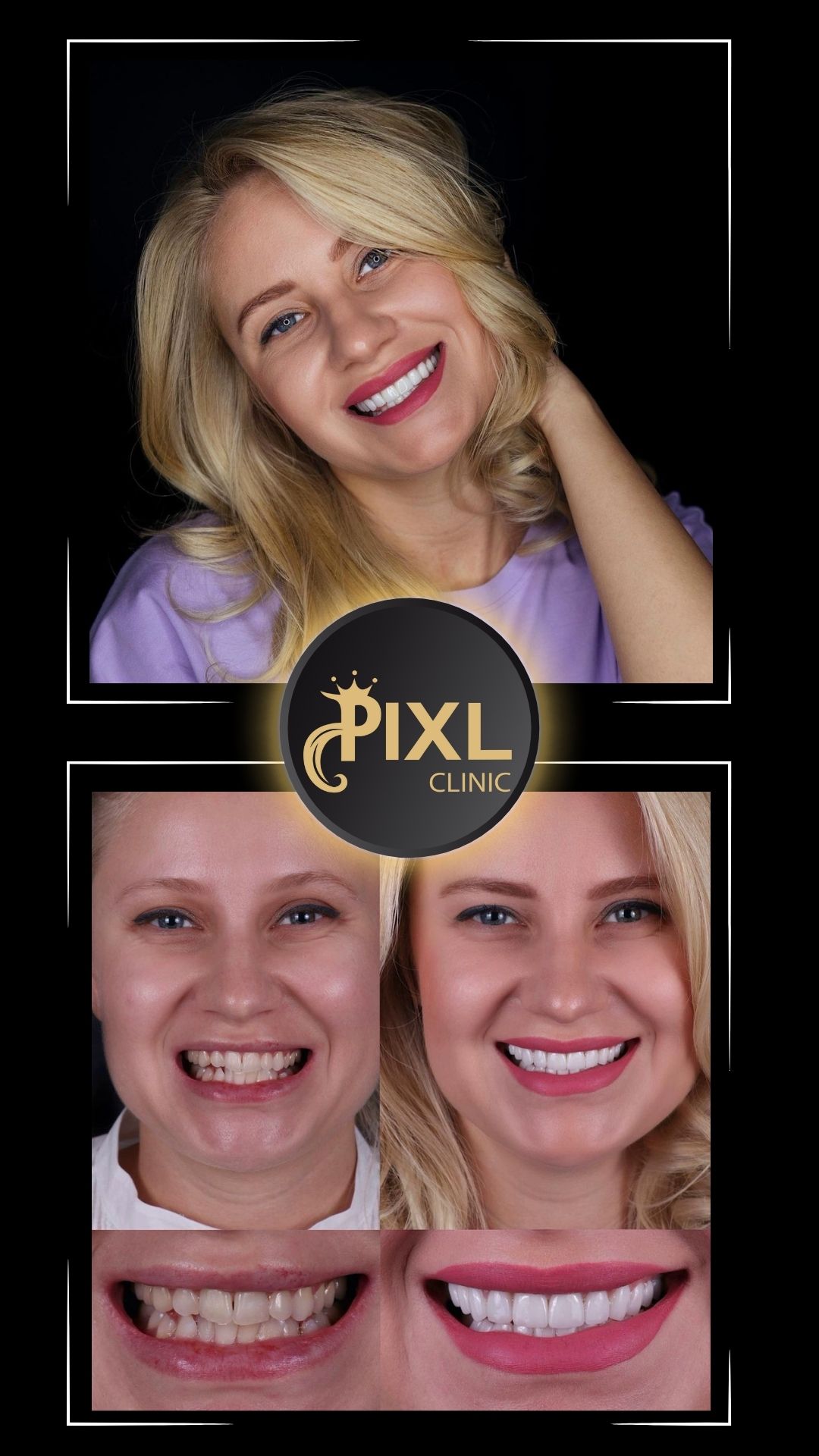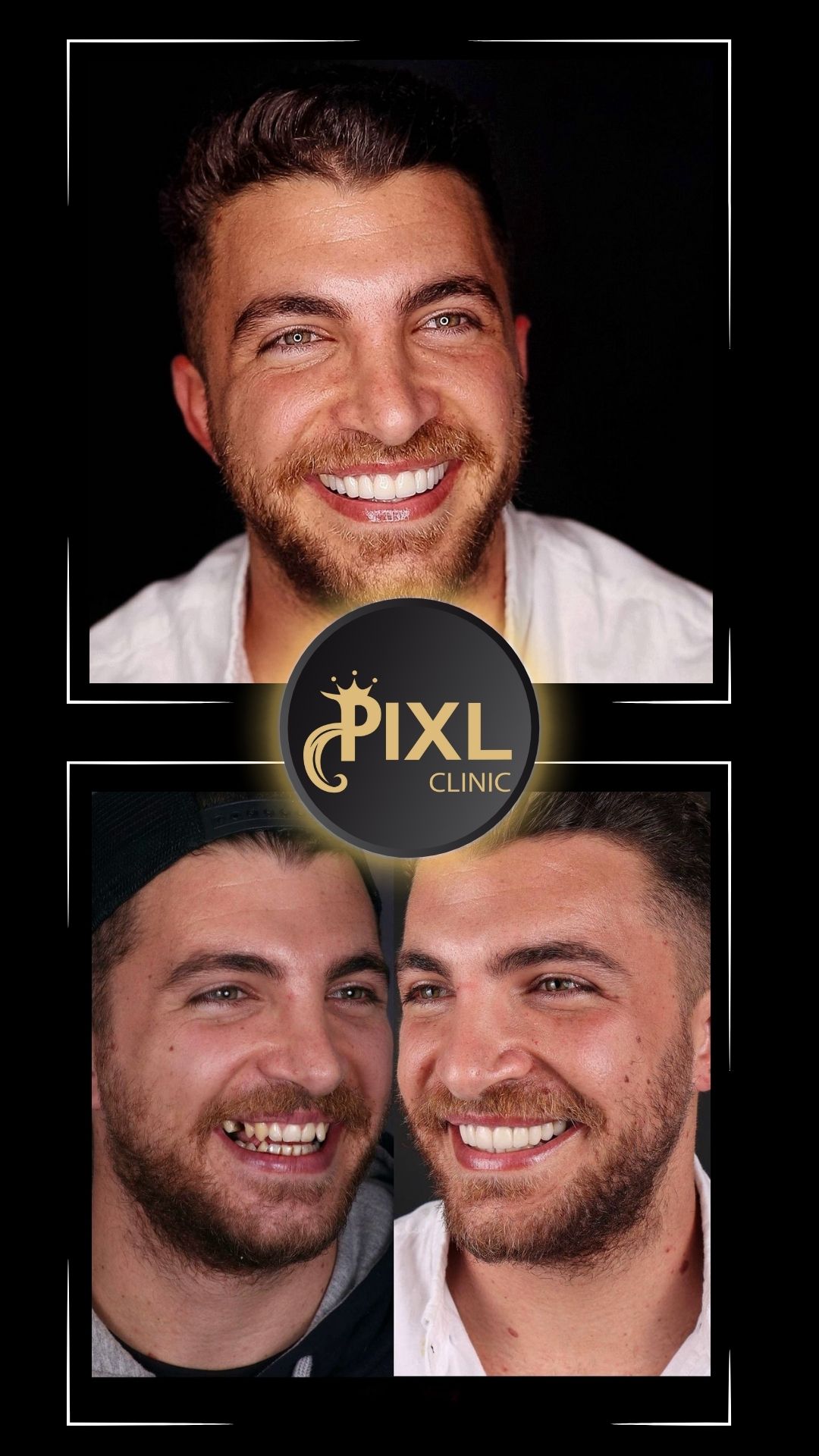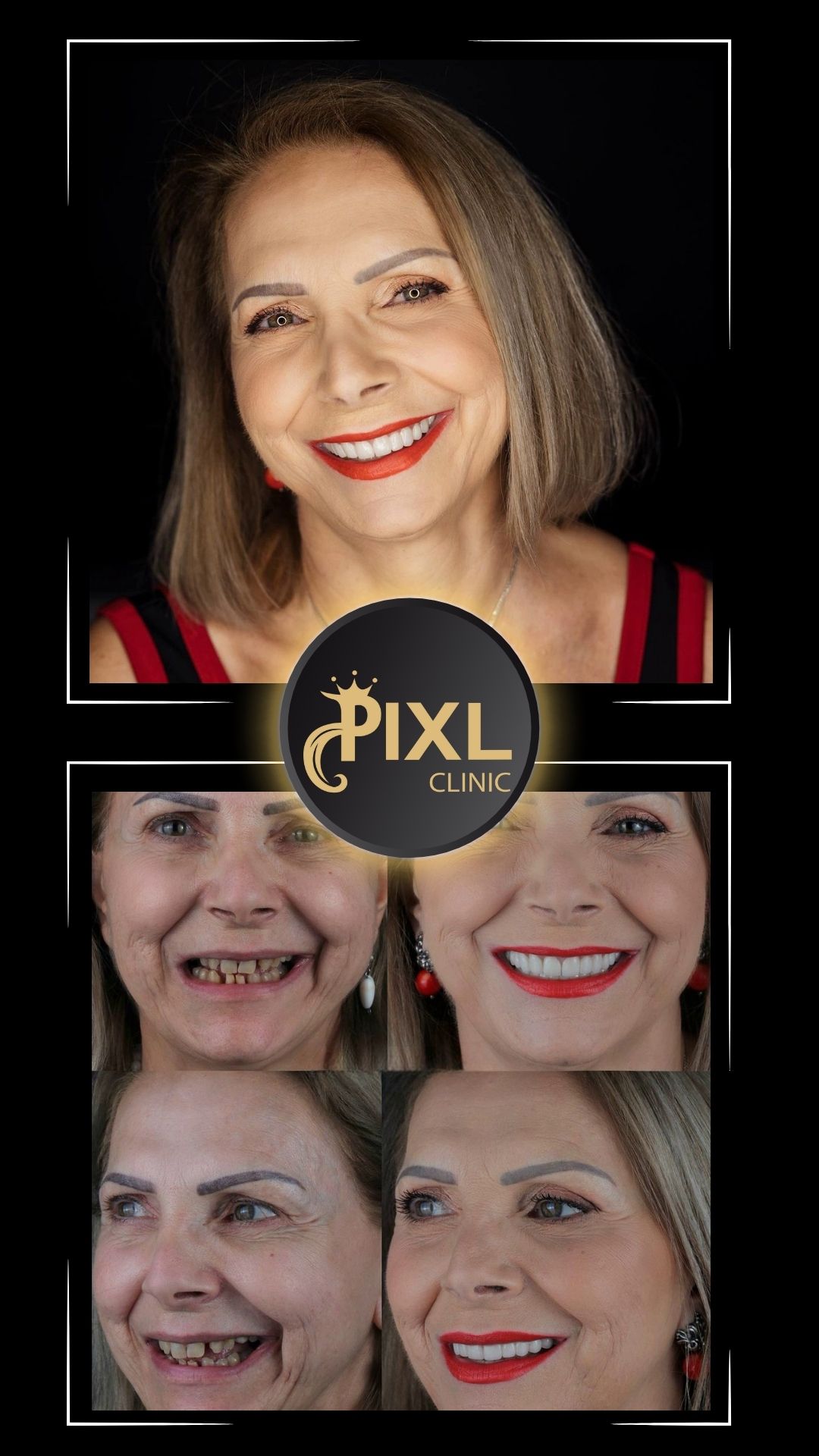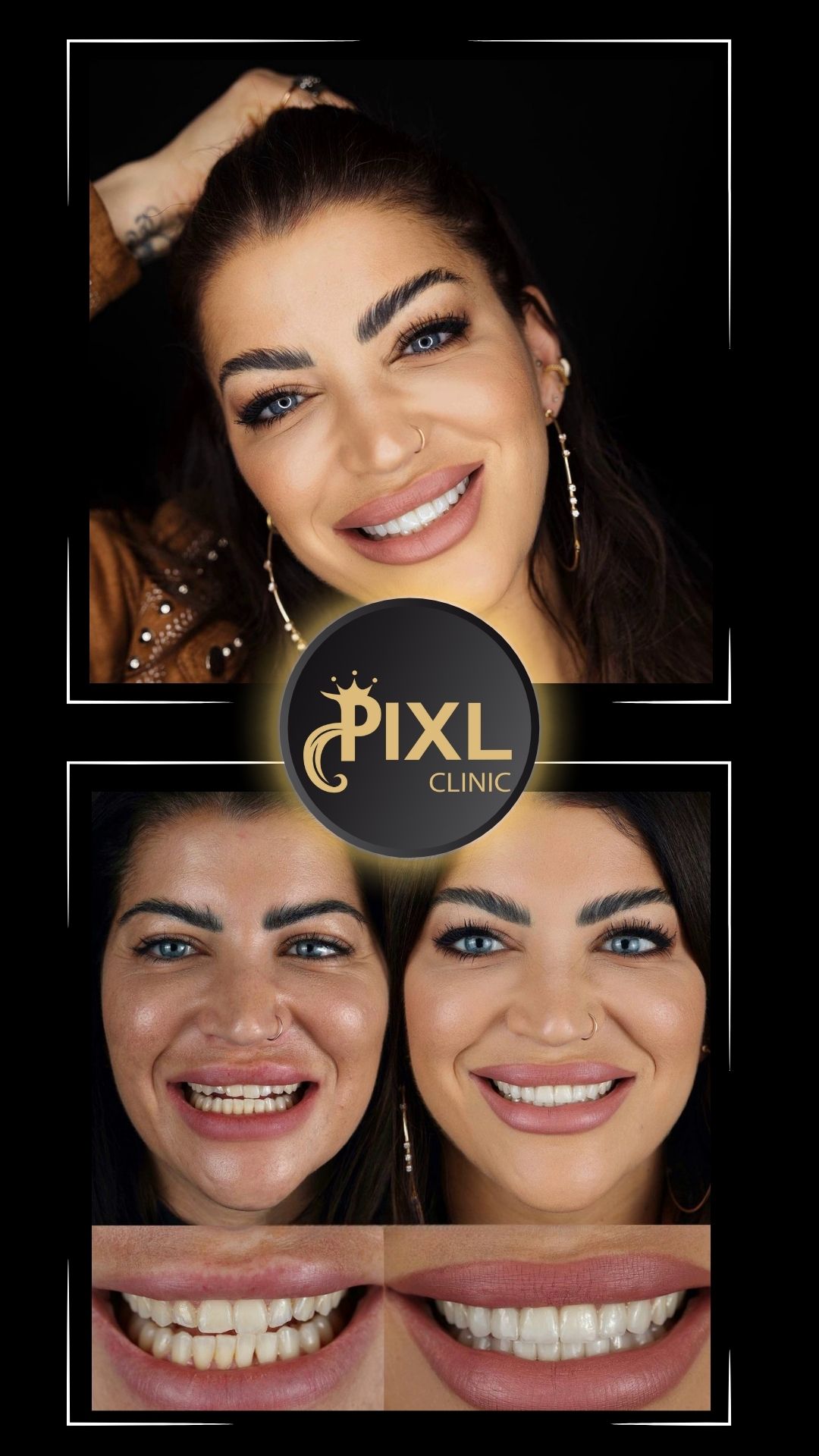The Importance of Oral Hygiene: A Comprehensive Guide
Oral hygiene plays a crucial role in maintaining overall health and well-being. While many view brushing and flossing as simple daily tasks, they are foundational habits that significantly impact not only the health of your teeth and gums but also your general health. This blog delves into why oral hygiene is essential, the consequences of neglect, and how you can achieve a healthy smile.
What is Oral Hygiene?
Oral hygiene refers to the practice of keeping your mouth clean and free from disease-causing bacteria. This involves regular brushing, flossing, and professional dental checkups. Proper oral hygiene prevents common dental problems such as cavities, gum disease, and bad breath while also protecting your overall health.
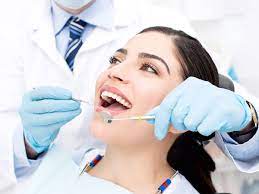
The Link Between Oral Health and Overall Health
Your mouth is the gateway to your body. Poor oral hygiene can lead to various systemic health issues, as harmful bacteria in the mouth can spread to other parts of the body. Some of the most critical links include:
- Cardiovascular Disease: Research shows a strong correlation between gum disease and heart conditions. Bacteria from gum infections can enter the bloodstream, leading to inflammation and potentially increasing the risk of heart attacks and strokes.
- Diabetes Management: Gum disease can make it more difficult to control blood sugar levels, exacerbating diabetes. Conversely, people with diabetes are more prone to gum infections, creating a cyclical relationship.
- Pregnancy Complications: Pregnant individuals with poor oral hygiene are at higher risk of complications such as premature birth or low birth weight. Hormonal changes during pregnancy can also make gums more susceptible to inflammation and disease.
- Respiratory Infections: Bacteria from the mouth can travel to the lungs, causing or worsening respiratory diseases such as pneumonia.
- Mental Health and Quality of Life: Chronic oral health issues can lead to pain, discomfort, and even social anxiety due to bad breath or missing teeth, significantly impacting mental well-being.
Consequences of Neglecting Oral Hygiene
Neglecting oral hygiene can lead to several dental and systemic health issues. Some of the most common problems include:
- Dental Cavities: When plaque and bacteria accumulate on your teeth, they erode enamel, leading to cavities. Left untreated, cavities can cause pain, infection, and tooth loss.
- Gum Disease (Periodontitis): Gingivitis, the early stage of gum disease, causes red, swollen gums that bleed easily. If untreated, it can progress to periodontitis, where gums pull away from teeth, leading to tooth loss and potential bone damage.
- Bad Breath (Halitosis): Poor oral hygiene often leads to persistent bad breath caused by bacterial buildup in the mouth.
- Tooth Loss: Neglected oral care can result in advanced decay or severe gum disease, eventually leading to tooth loss.
- Aesthetic Concerns: Stained teeth, plaque buildup, and poor gum health can affect your confidence and willingness to smile.
How to Maintain Good Oral Hygiene
Maintaining oral hygiene is not complicated, but it does require consistency and attention to detail. Here are some key practices to adopt:
- Brush Twice a Day: Use fluoride toothpaste and a soft-bristled toothbrush to clean your teeth for at least two minutes, focusing on all surfaces.
- Floss Daily: Flossing removes food particles and plaque between teeth, areas that brushing alone cannot reach.
- Use Mouthwash: An antibacterial mouthwash can help reduce plaque and freshen breath.
- Eat a Healthy Diet: Limit sugary and acidic foods that can erode enamel. Opt for a diet rich in fruits, vegetables, and calcium to strengthen teeth.
- Stay Hydrated: Drinking water helps wash away food particles and bacteria while promoting saliva production.
- Regular Dental Checkups: Visit your dentist every six months for professional cleanings and early detection of any issues.
- Replace Your Toothbrush: Change your toothbrush every three to four months or sooner if the bristles are frayed.
Benefits of Good Oral Hygiene
- Preventive Care: Regular brushing and flossing help prevent cavities, gum disease, and other dental issues.
- Enhanced Appearance: Clean, healthy teeth boost your confidence and make you feel more comfortable in social situations.
- Cost Savings: Preventing oral health issues through proper care is far more cost-effective than treating advanced dental problems.
- Better Overall Health: Maintaining oral hygiene reduces the risk of systemic conditions associated with poor oral health.
Conclusion
Oral hygiene is far more than just keeping your teeth white and your breath fresh; it is an integral part of your overall health. By prioritizing your oral health, you not only preserve your smile but also protect your body from serious health issues. Start today by adopting consistent oral hygiene practices and visiting your dentist regularly. Remember, a healthy mouth is a cornerstone of a healthy life.
Frequently Asked Questions (FAQ) About Oral Hygiene
Why is oral hygiene important?
Oral hygiene is essential for preventing cavities, gum disease, bad breath, and tooth loss. Additionally, it plays a significant role in overall health, as poor oral hygiene can lead to systemic issues like heart disease, diabetes complications, and respiratory infections.
How often should I brush my teeth?
You should brush your teeth at least twice a day—once in the morning and once before bed. Make sure to use fluoride toothpaste and brush for at least two minutes.
Is flossing really necessary?
Yes, flossing is crucial because it removes plaque and food particles from between your teeth and under the gumline—areas that a toothbrush cannot reach. Flossing daily helps prevent gum disease and cavities.
How often should I visit the dentist?
You should visit your dentist at least twice a year for regular checkups and professional cleanings. If you have specific issues, like gum disease, your dentist may recommend more frequent visits.
What is plaque, and why is it harmful?
Plaque is a sticky film of bacteria that forms on your teeth and gums. If not removed through brushing and flossing, it hardens into tartar, leading to cavities, gum disease, and bad breath.
Can poor oral hygiene affect my overall health?
Yes, poor oral hygiene is linked to various health conditions, including heart disease, diabetes, respiratory infections, and pregnancy complications. Maintaining oral health reduces the risk of these systemic issues.
What foods are bad for oral health?
Sugary and acidic foods, such as candies, soda, and citrus fruits, can erode enamel and promote cavity formation. Sticky foods that cling to teeth are particularly harmful if not cleaned away promptly.
How can I prevent bad breath (halitosis)?
Good oral hygiene, including brushing, flossing, and using mouthwash, helps prevent bad breath. Staying hydrated and cleaning your tongue with a tongue scraper or toothbrush also reduces odor-causing bacteria.
What are the signs of gum disease?
Signs of gum disease include:
- Red, swollen, or tender gums
- Gums that bleed easily, especially when brushing or flossing
- Persistent bad breath
- Receding gums or teeth that appear longer
- Loose teeth
If you notice these symptoms, consult your dentist promptly.
How can I whiten my teeth naturally?
You can naturally whiten your teeth by:
- Brushing with a whitening toothpaste
- Avoiding stain-causing foods and beverages like coffee and red wine
- Rinsing your mouth with water after consuming acidic foods
- Eating crunchy fruits and vegetables, like apples and carrots, which help clean teeth
For more significant whitening, consult your dentist about professional options.
At what age should children start brushing their teeth?
Children should start brushing their teeth as soon as their first tooth appears. Use a soft-bristled toothbrush and a rice-sized amount of fluoride toothpaste for young children, increasing to a pea-sized amount by age 3.
Is mouthwash necessary for oral hygiene?
Mouthwash is not a substitute for brushing and flossing but can be a helpful addition to your routine. Antibacterial mouthwashes reduce plaque and freshen breath, while fluoride mouthwashes strengthen enamel.
How can I deal with sensitive teeth?
To manage sensitive teeth:
- Use toothpaste specifically designed for sensitivity.
- Avoid overly hot, cold, or acidic foods and beverages.
- Consult your dentist to rule out underlying issues like cavities or gum recession.
How do I choose the right toothbrush?
Choose a toothbrush with soft bristles and a size that comfortably fits your mouth. Both manual and electric toothbrushes are effective when used correctly, though electric ones may provide a deeper clean.
What should I do if I accidentally skip a day of brushing?
If you miss a day, resume brushing and flossing as soon as possible. However, avoid making it a habit, as skipping even one day allows plaque to build up, increasing the risk of cavities and gum disease.
Can I use natural remedies for oral hygiene?
While natural remedies like oil pulling or baking soda can complement your routine, they should not replace brushing, flossing, or regular dental visits. Always consult your dentist before trying alternative methods.
What causes yellow teeth, and how can I prevent it?
Yellow teeth can result from:
- Staining from foods and drinks
- Poor oral hygiene
- Aging, as enamel wears down over time
Prevent yellowing by maintaining good oral hygiene, avoiding staining substances, and using whitening toothpaste.
Can stress affect oral health?
Yes, stress can lead to habits like teeth grinding (bruxism) or clenching, which can damage teeth. Stress may also weaken the immune system, making you more susceptible to gum disease.
How can I protect my teeth during sports?
Wear a mouthguard during contact sports to prevent injuries to your teeth and jaw. Custom-fit mouthguards from a dentist provide the best protection.
What should I do in case of a dental emergency?
For dental emergencies like a knocked-out tooth, cracked tooth, or severe pain:
- Rinse your mouth with warm water.
- Apply a cold compress for swelling.
- Preserve a knocked-out tooth in milk or saliva and seek immediate dental care.

